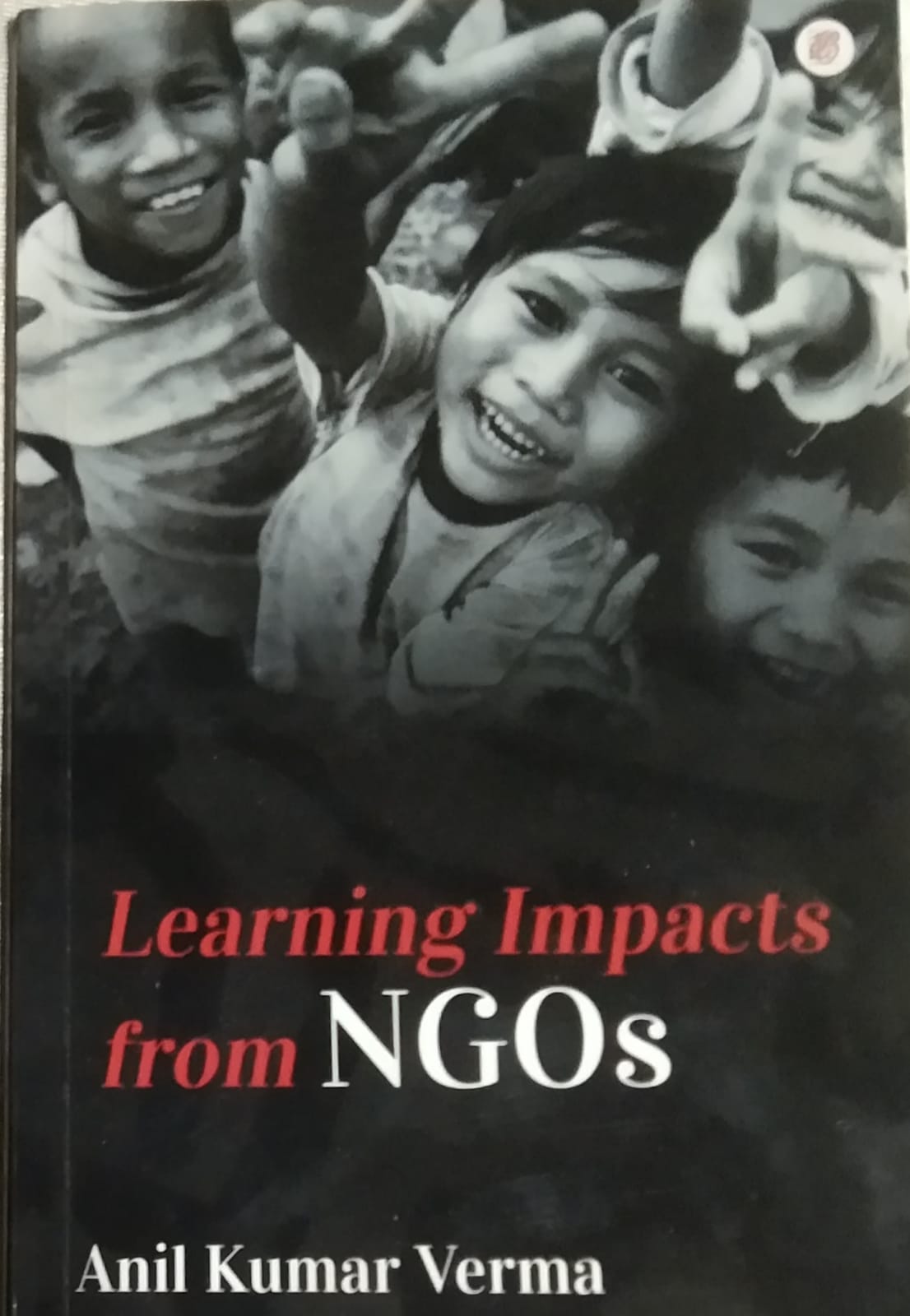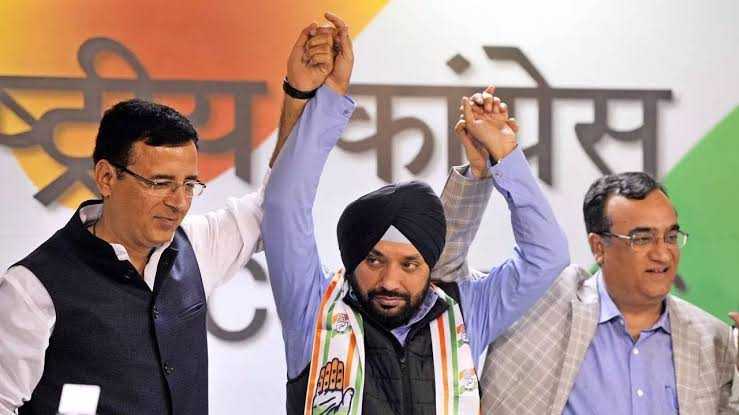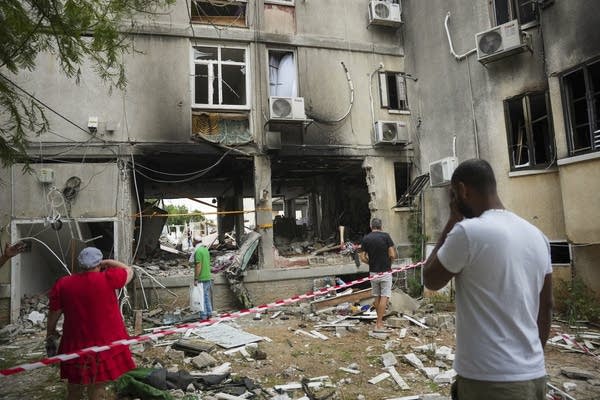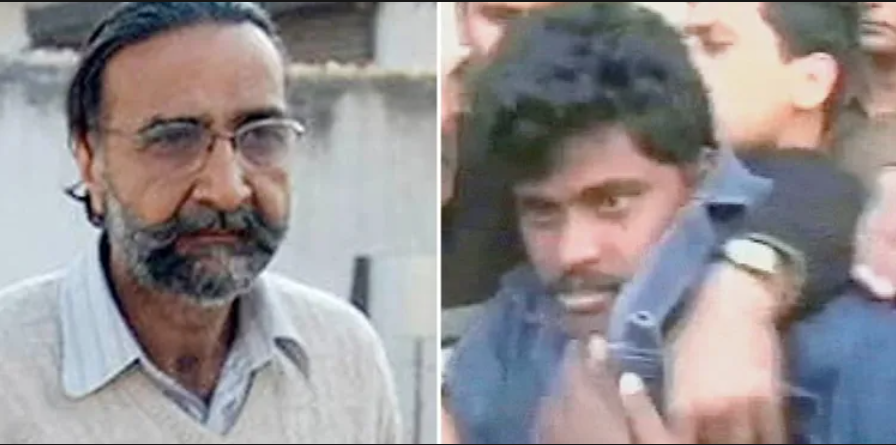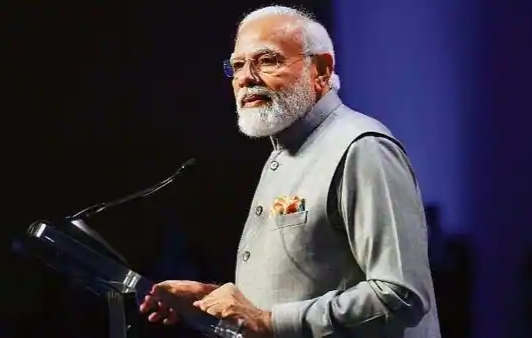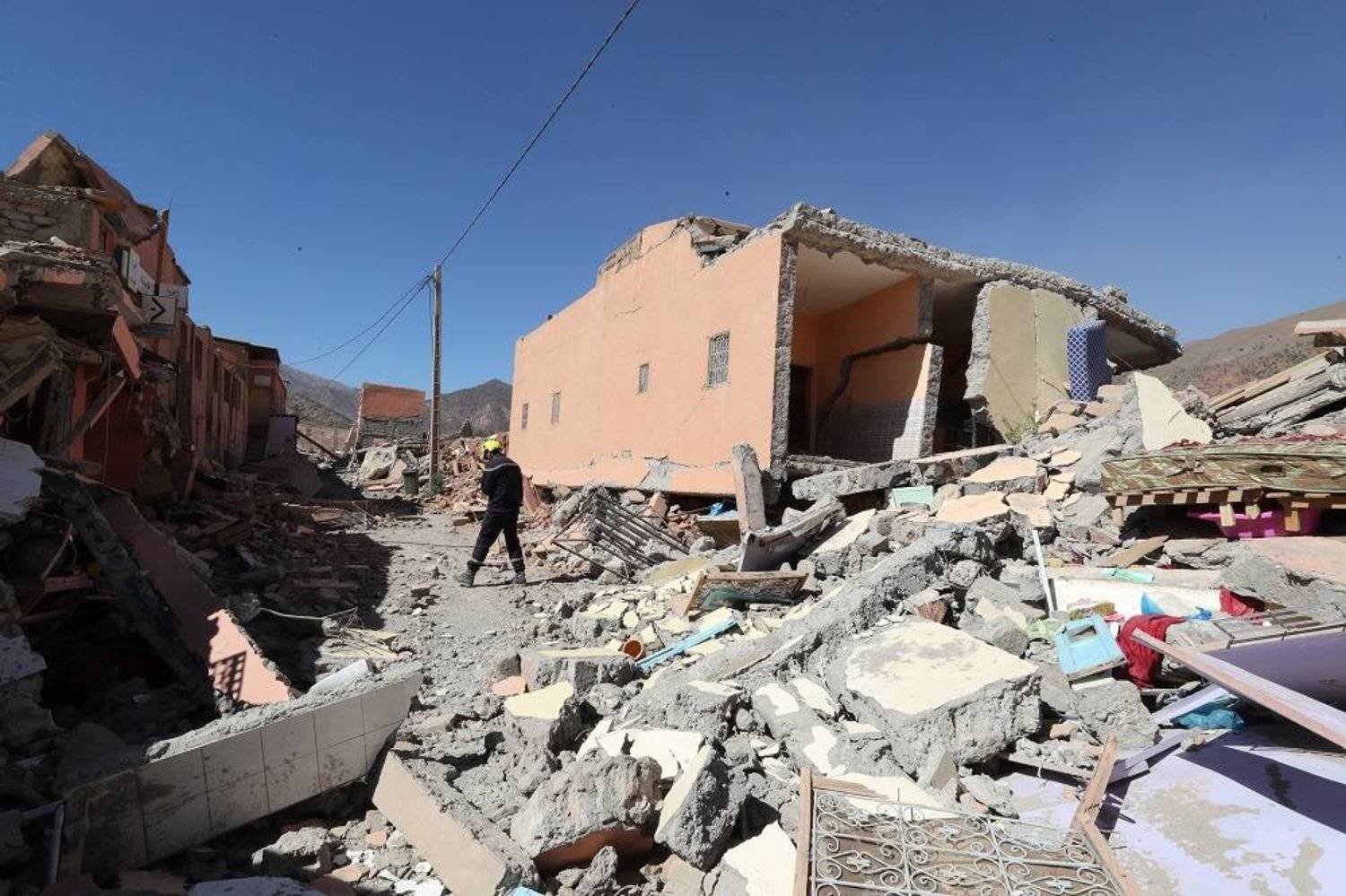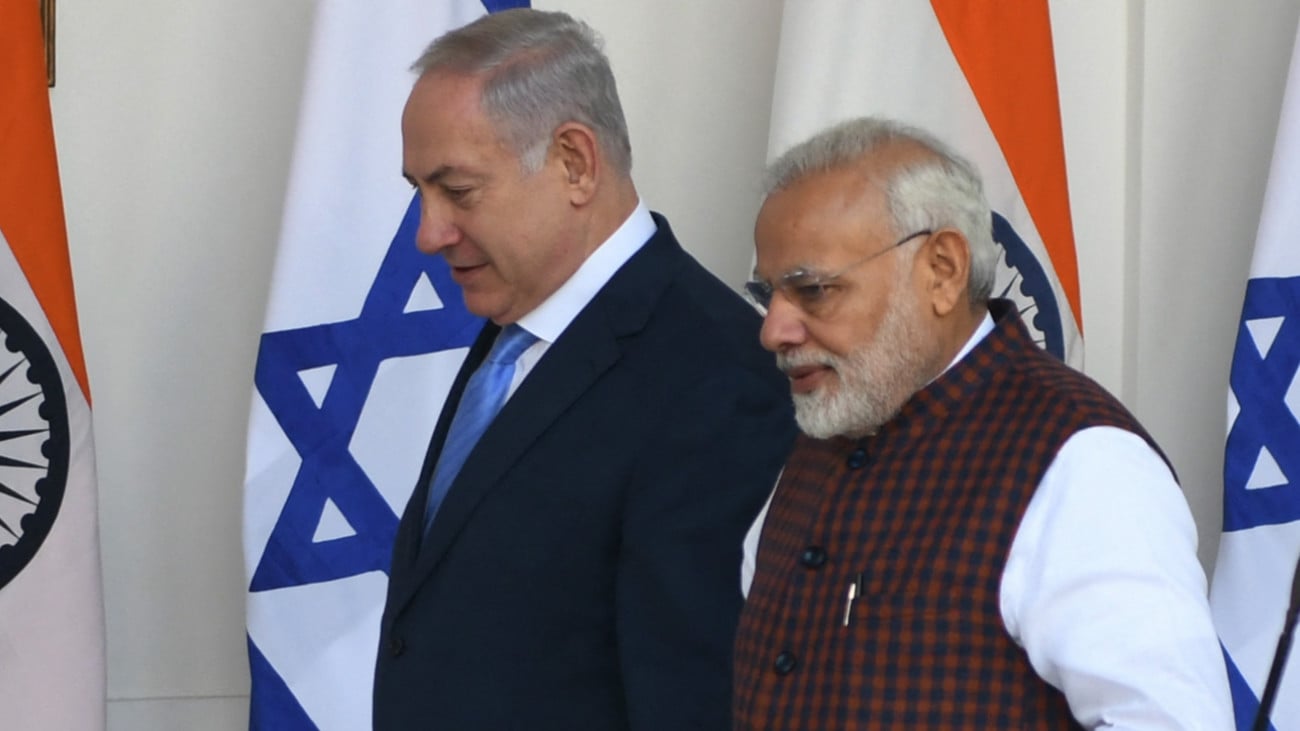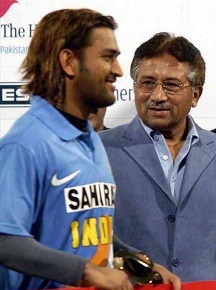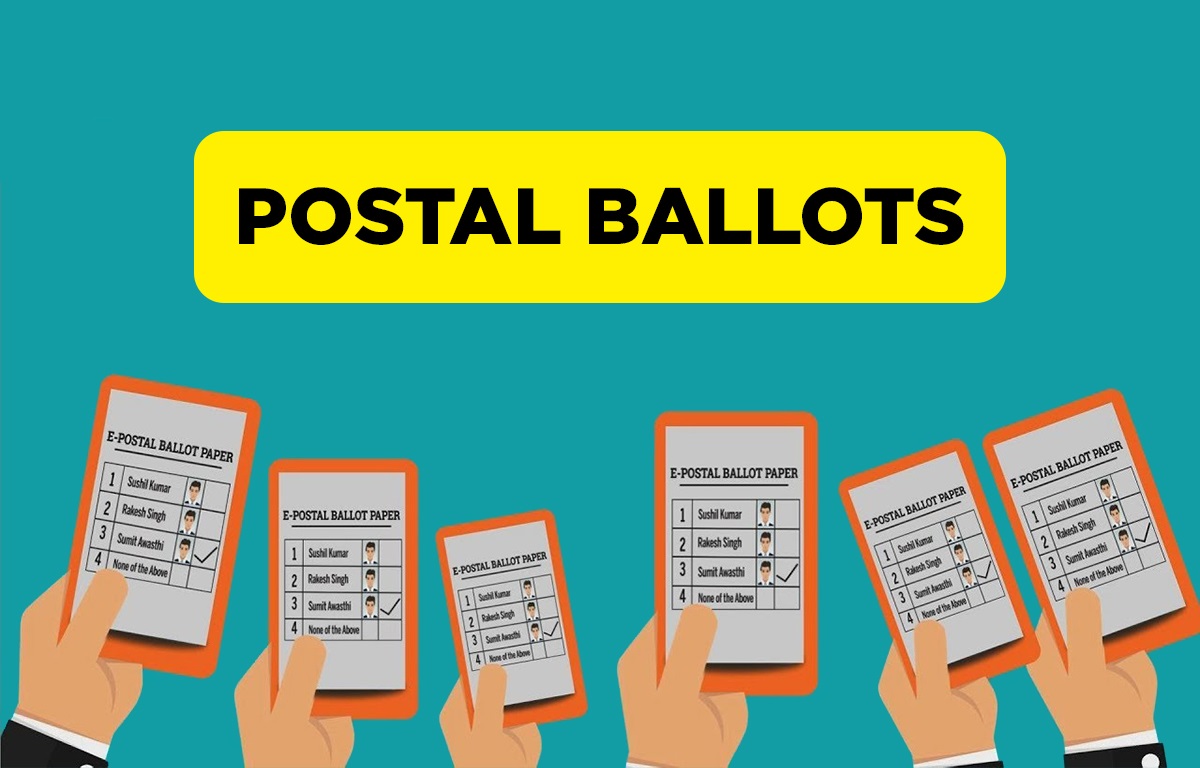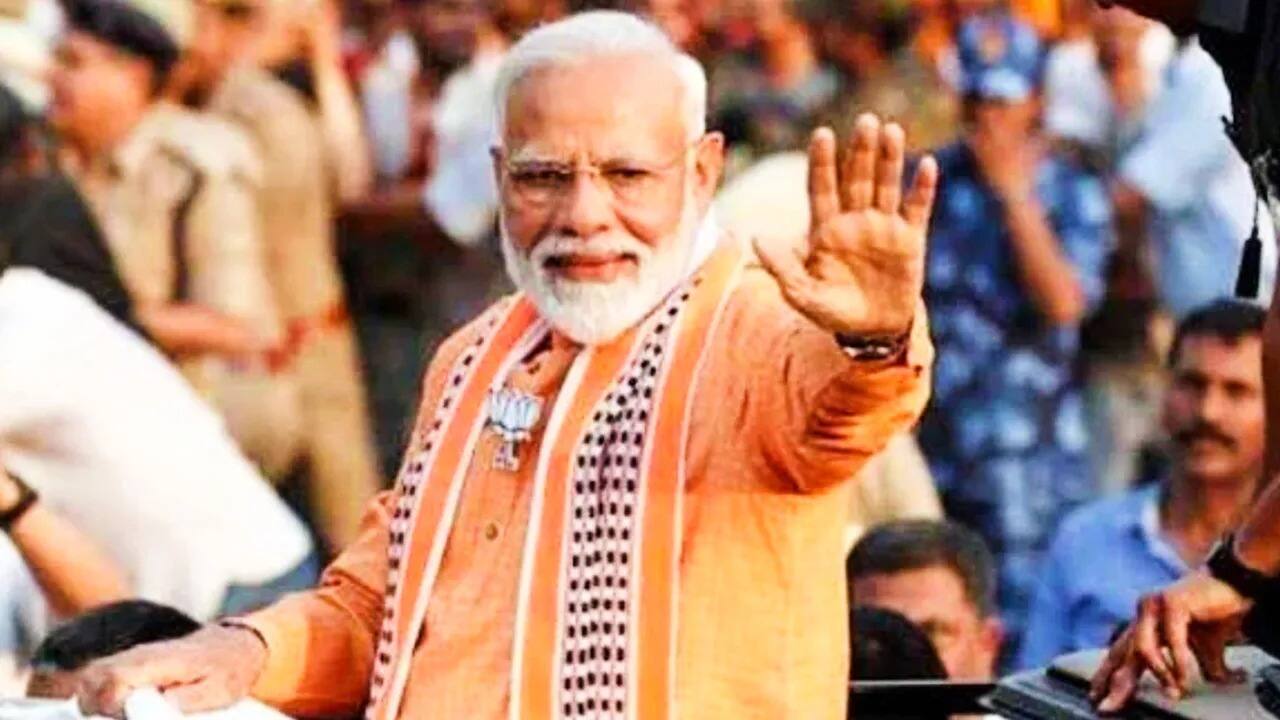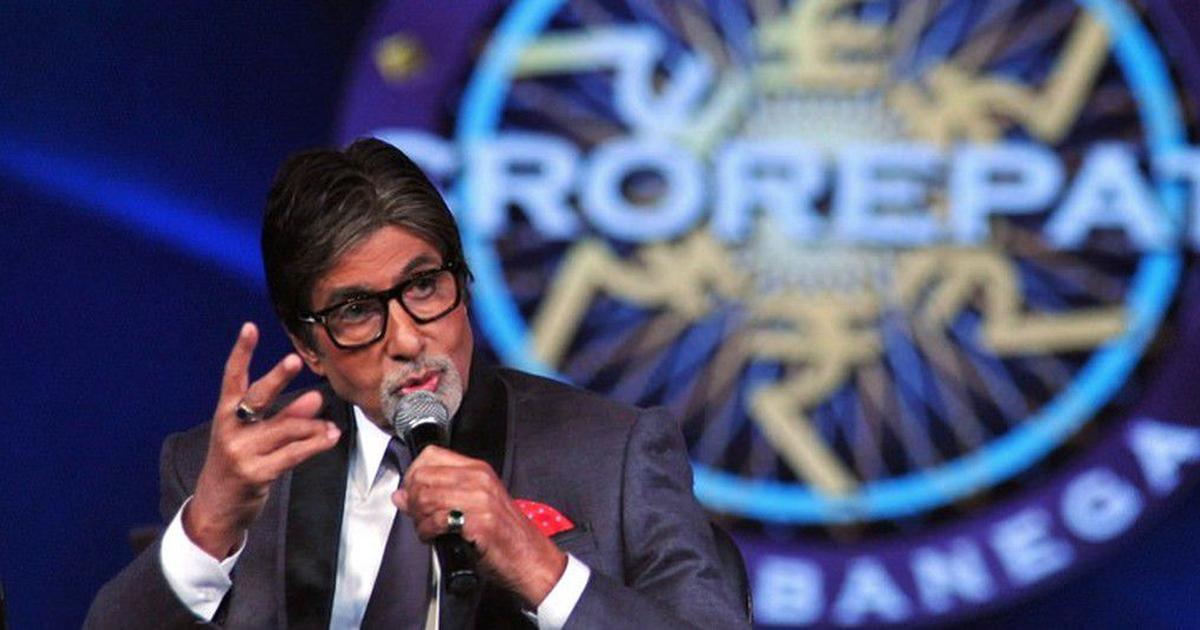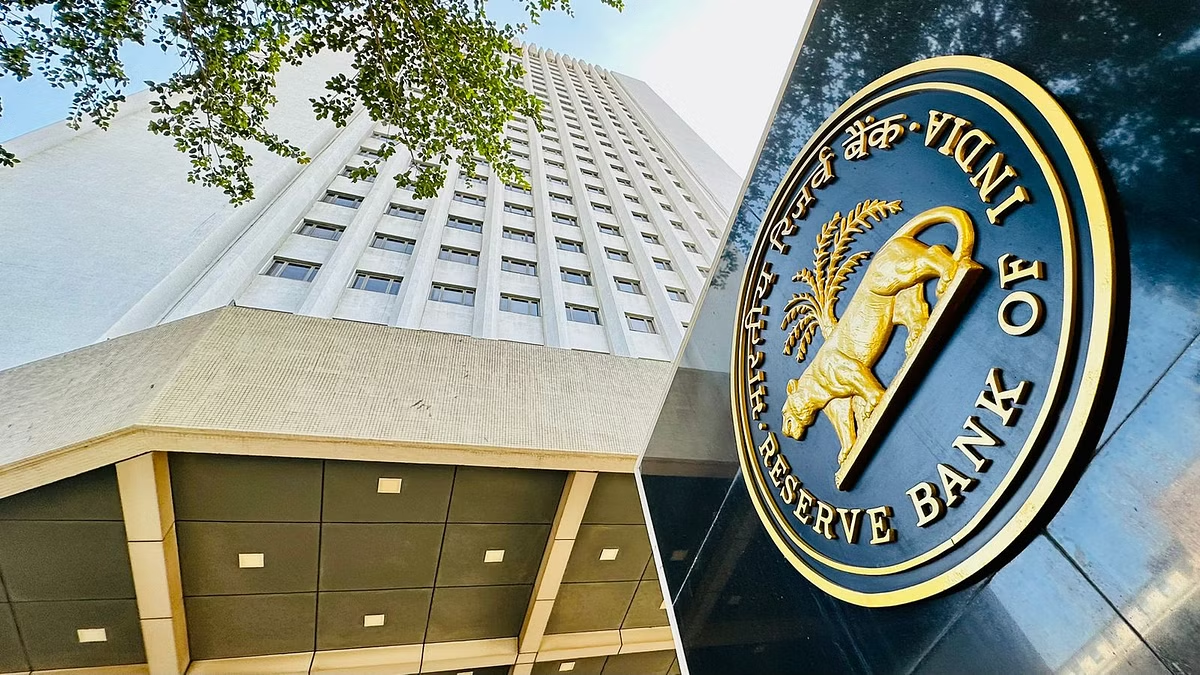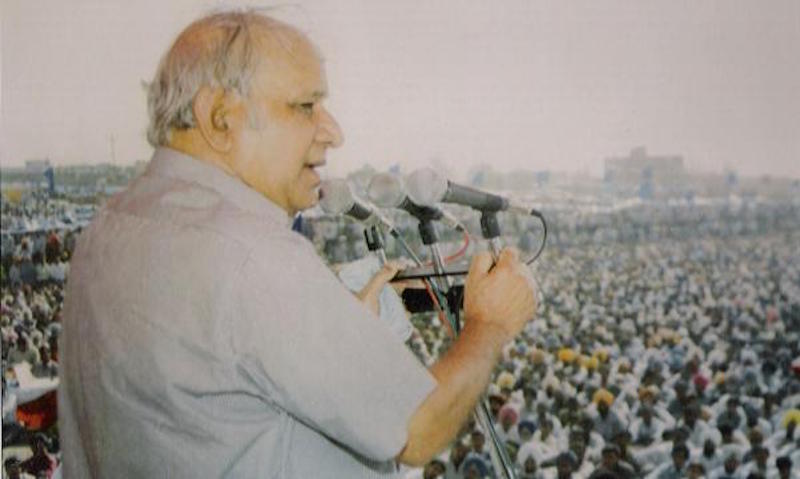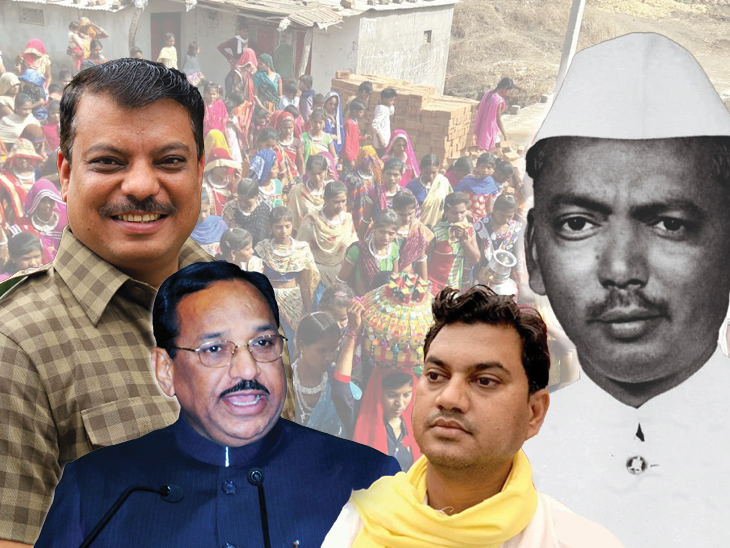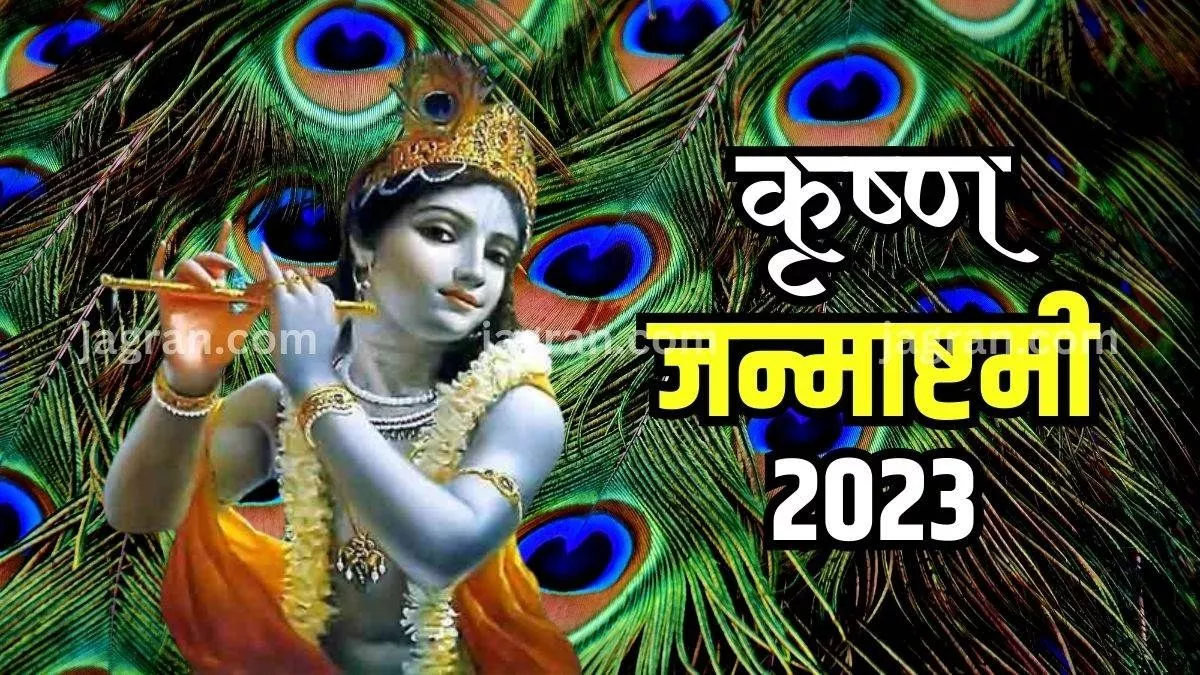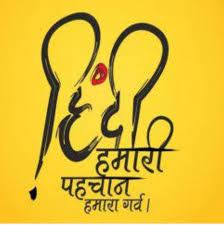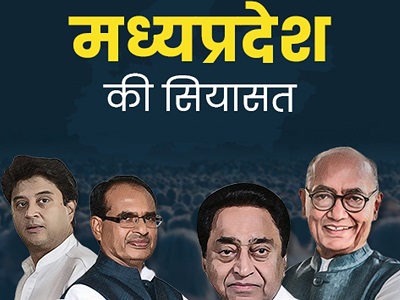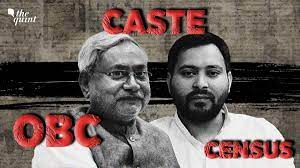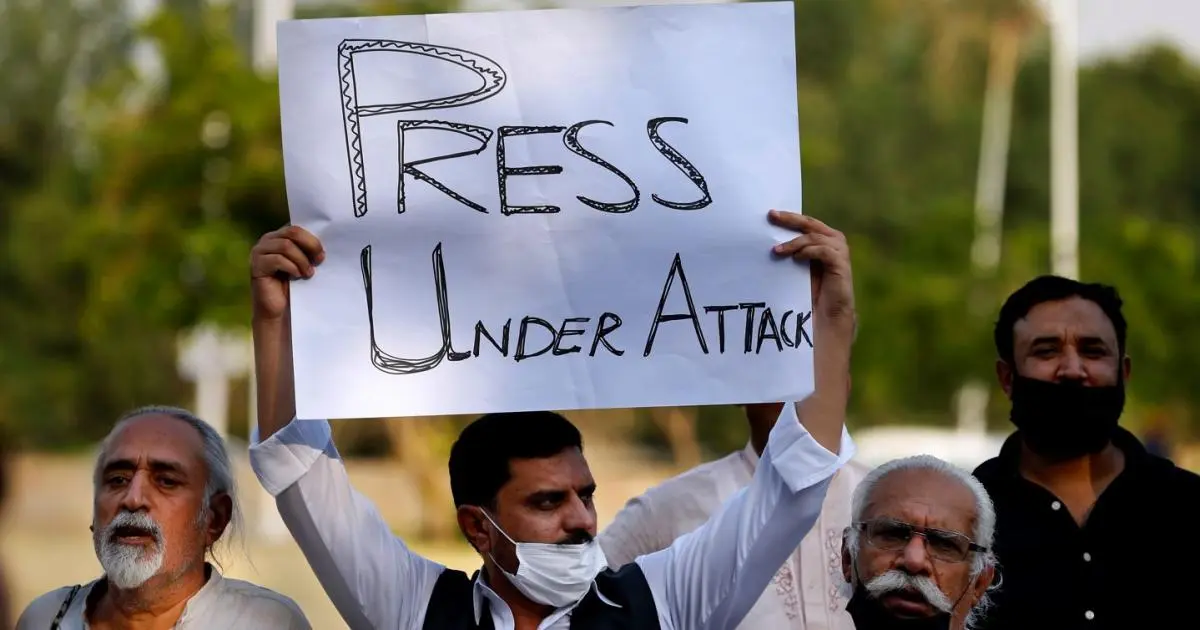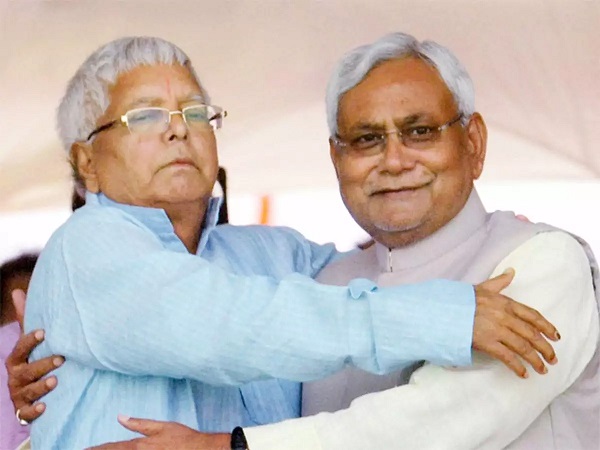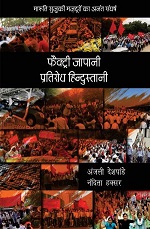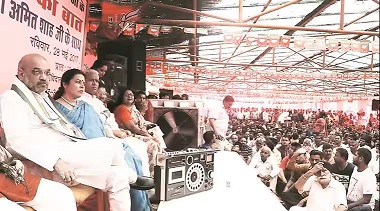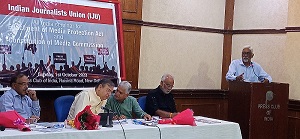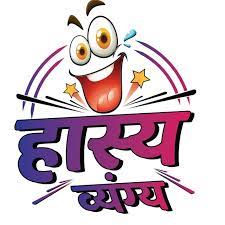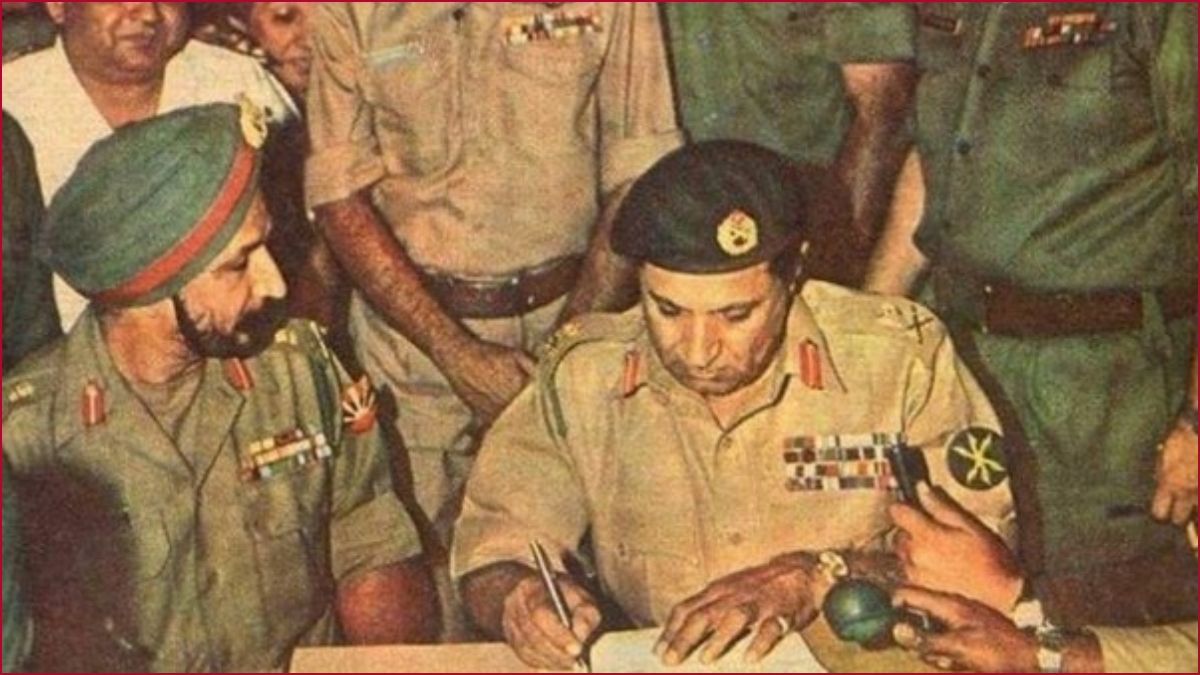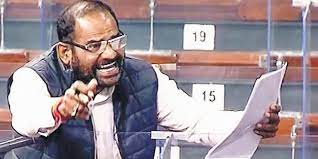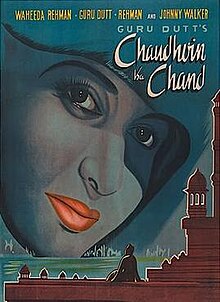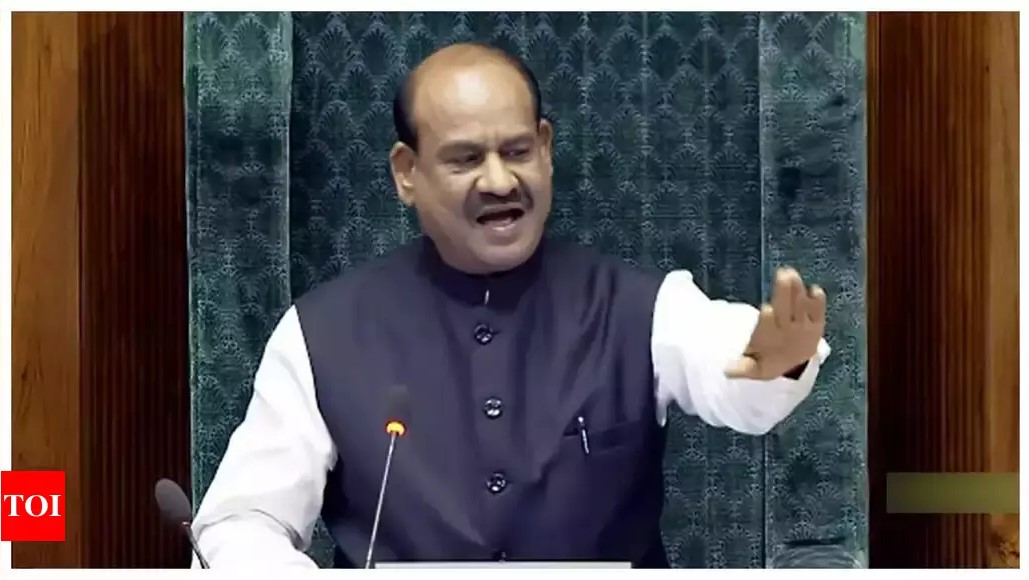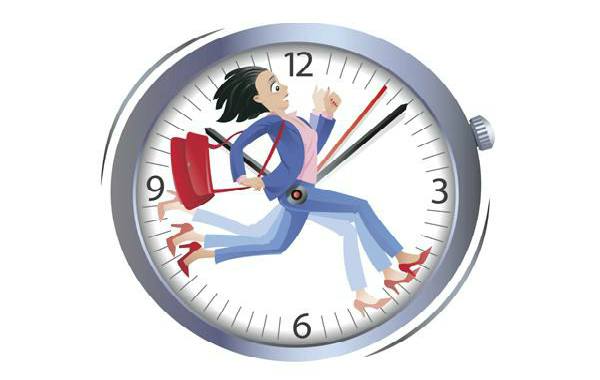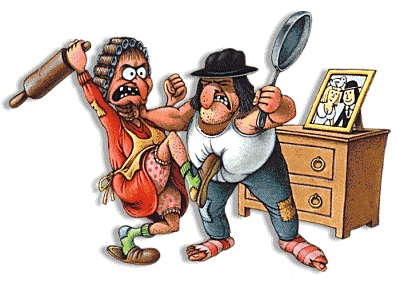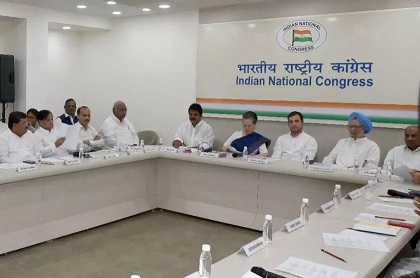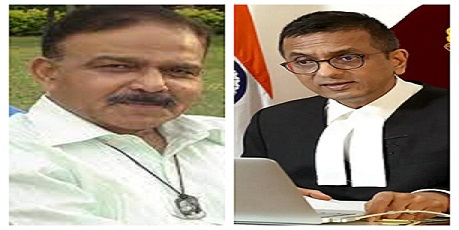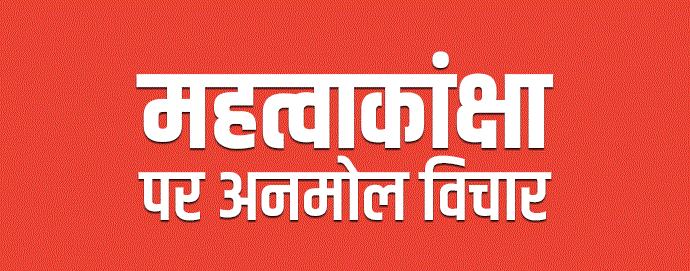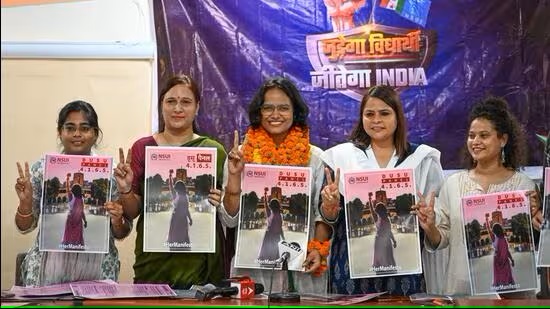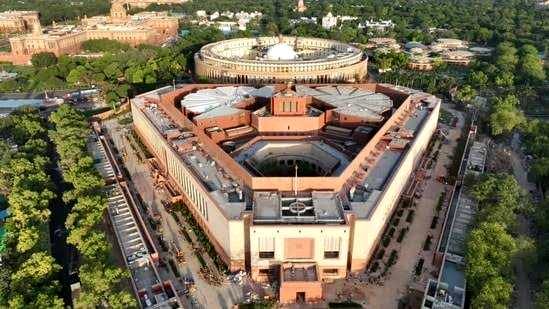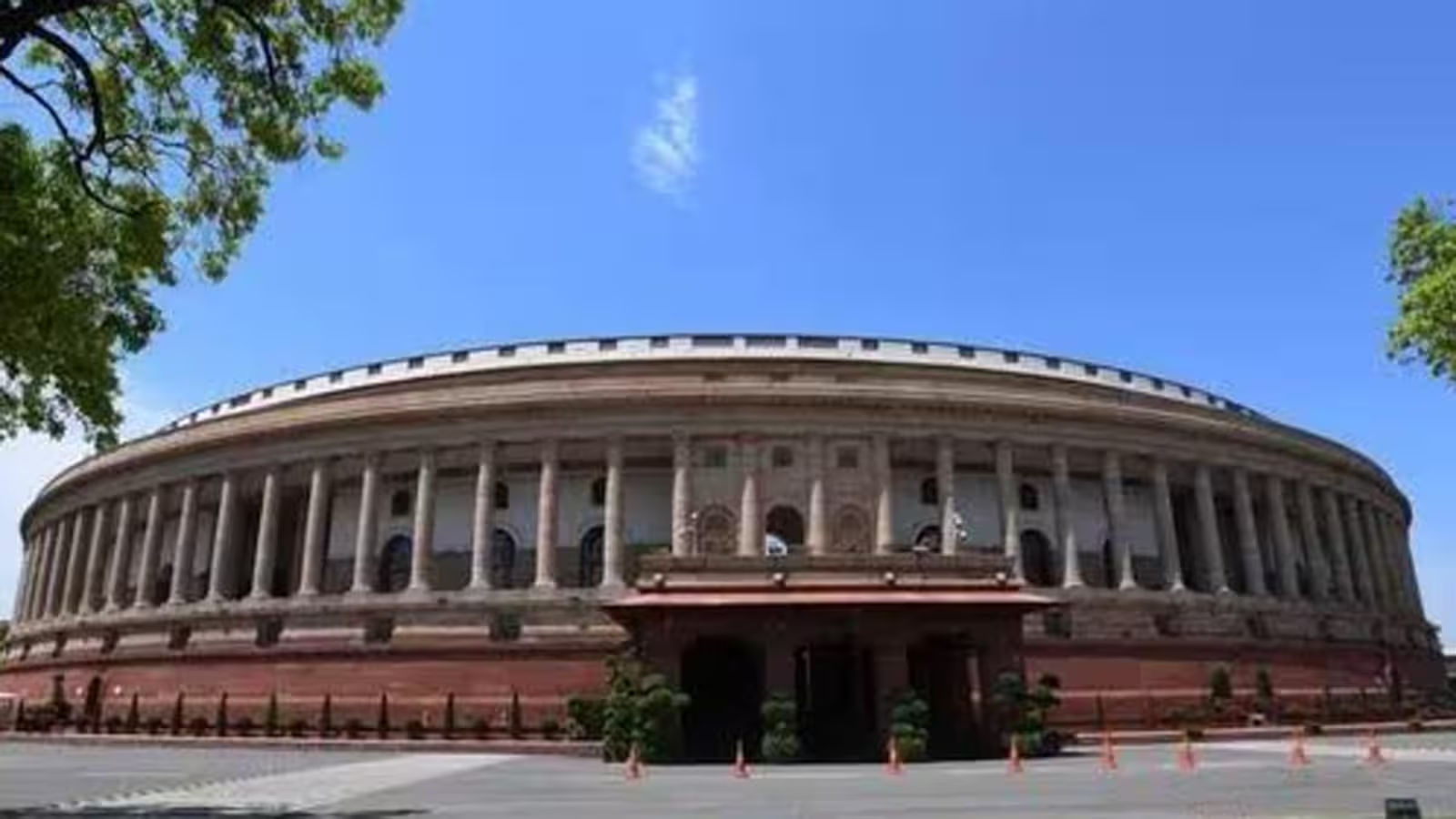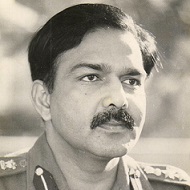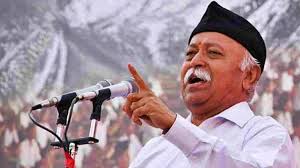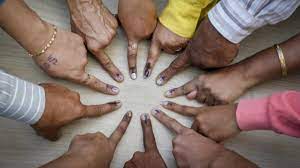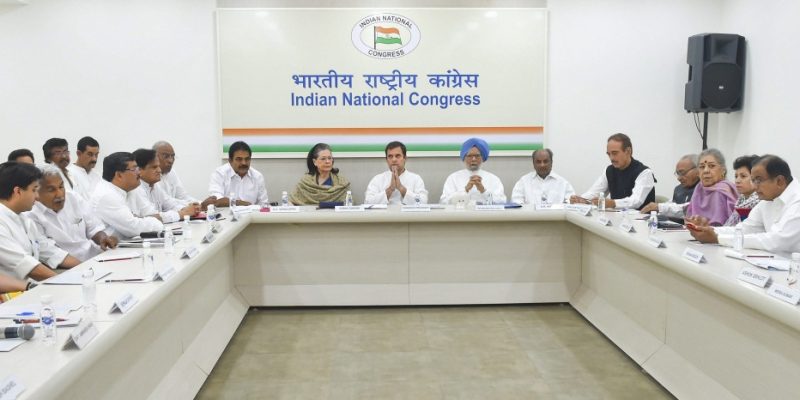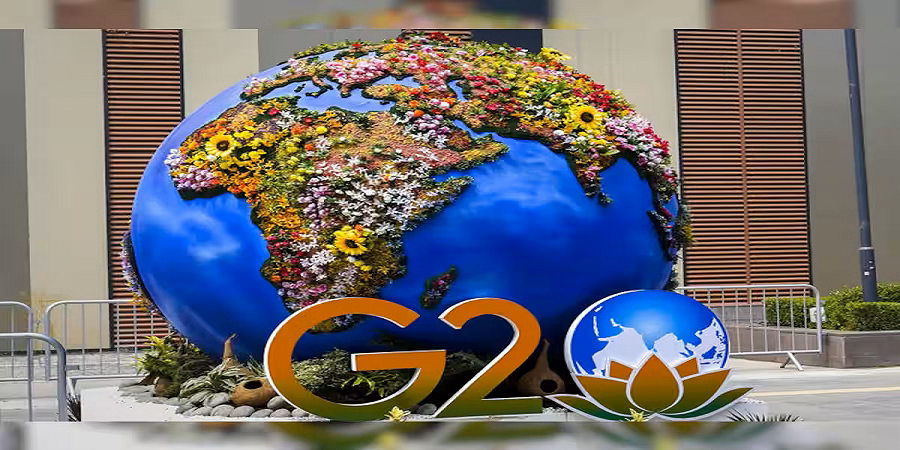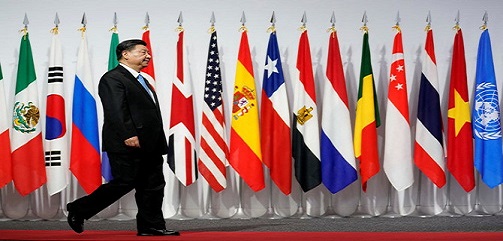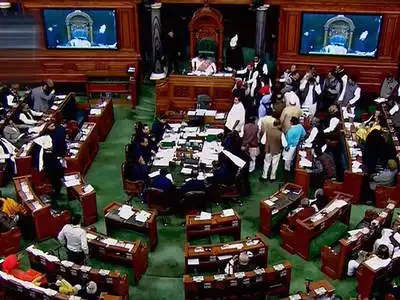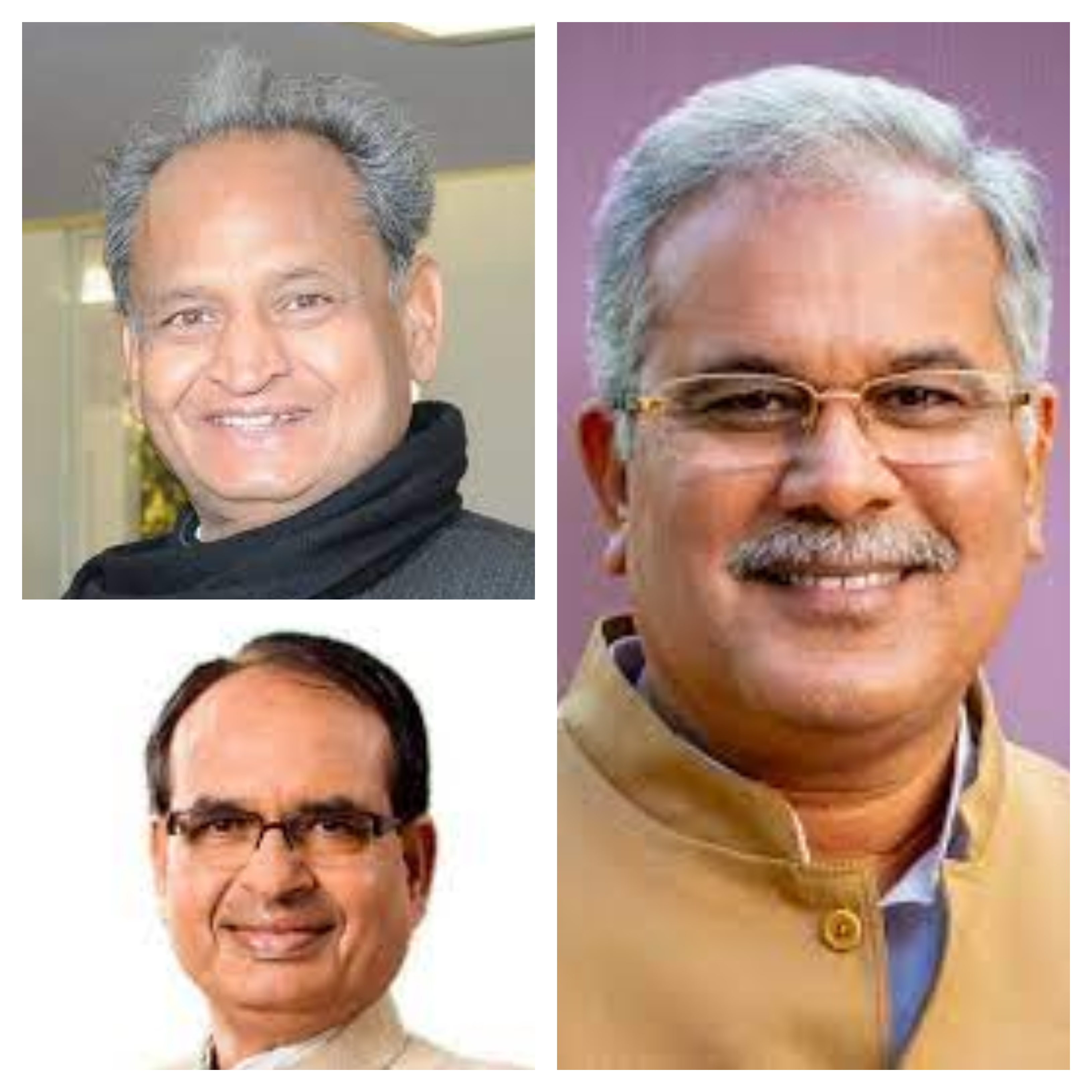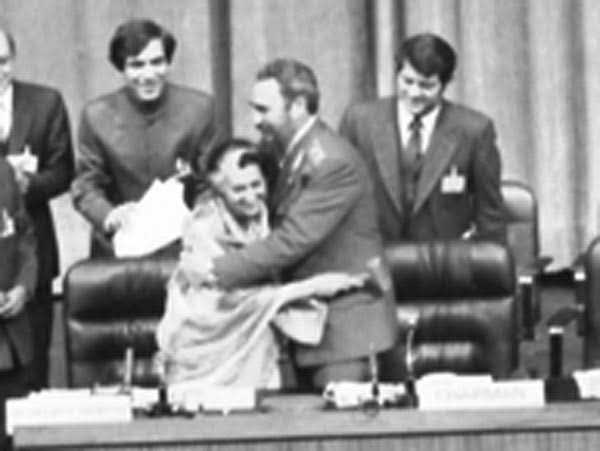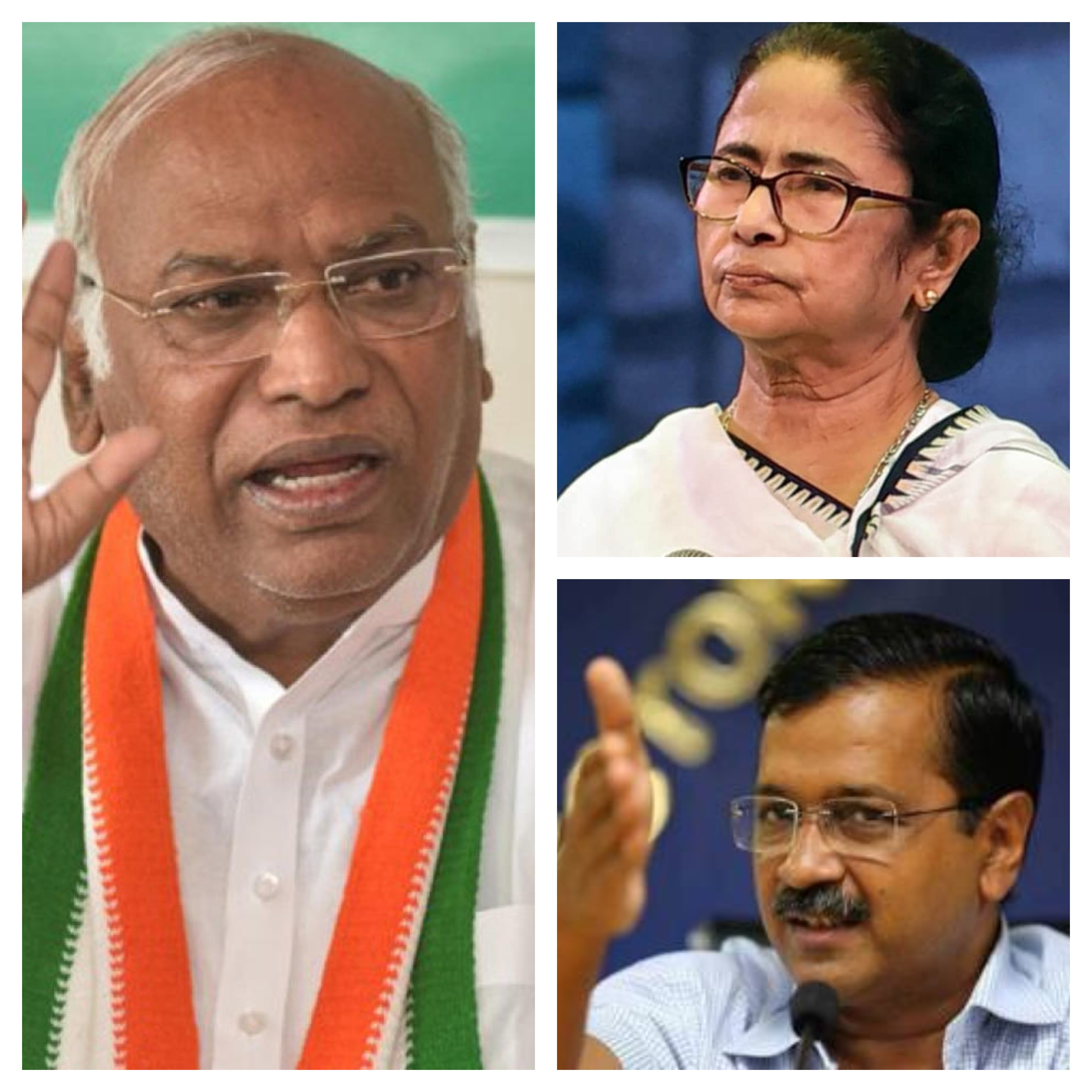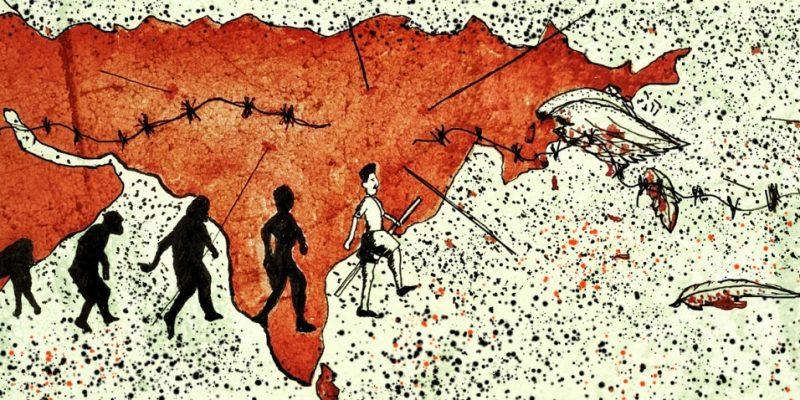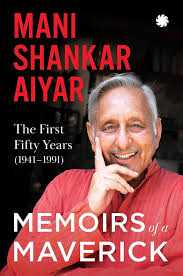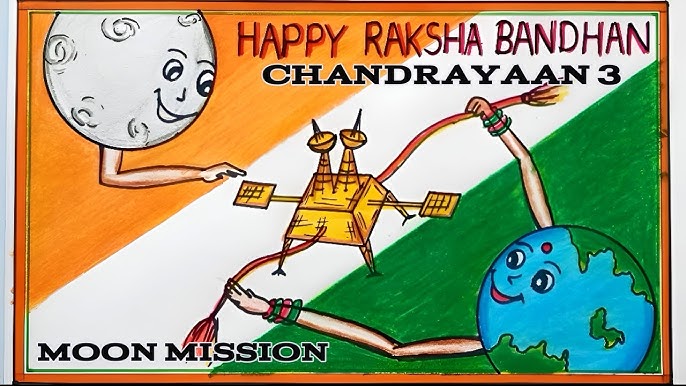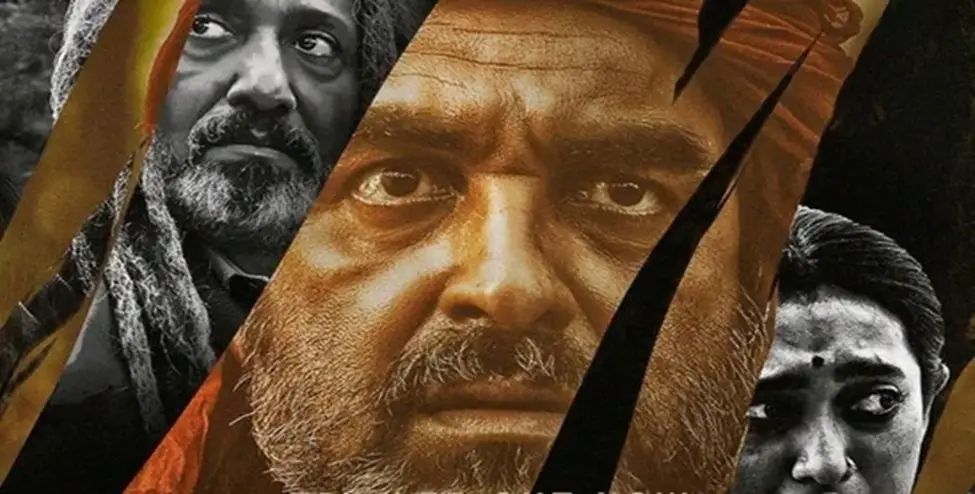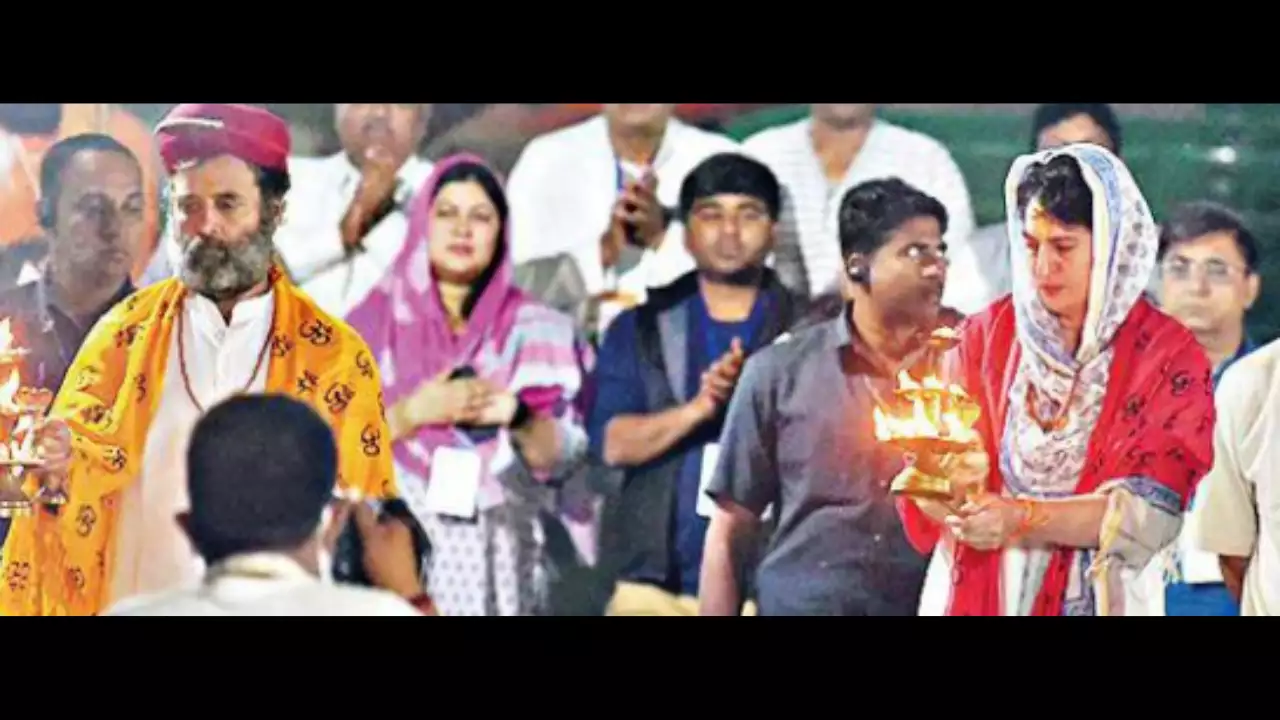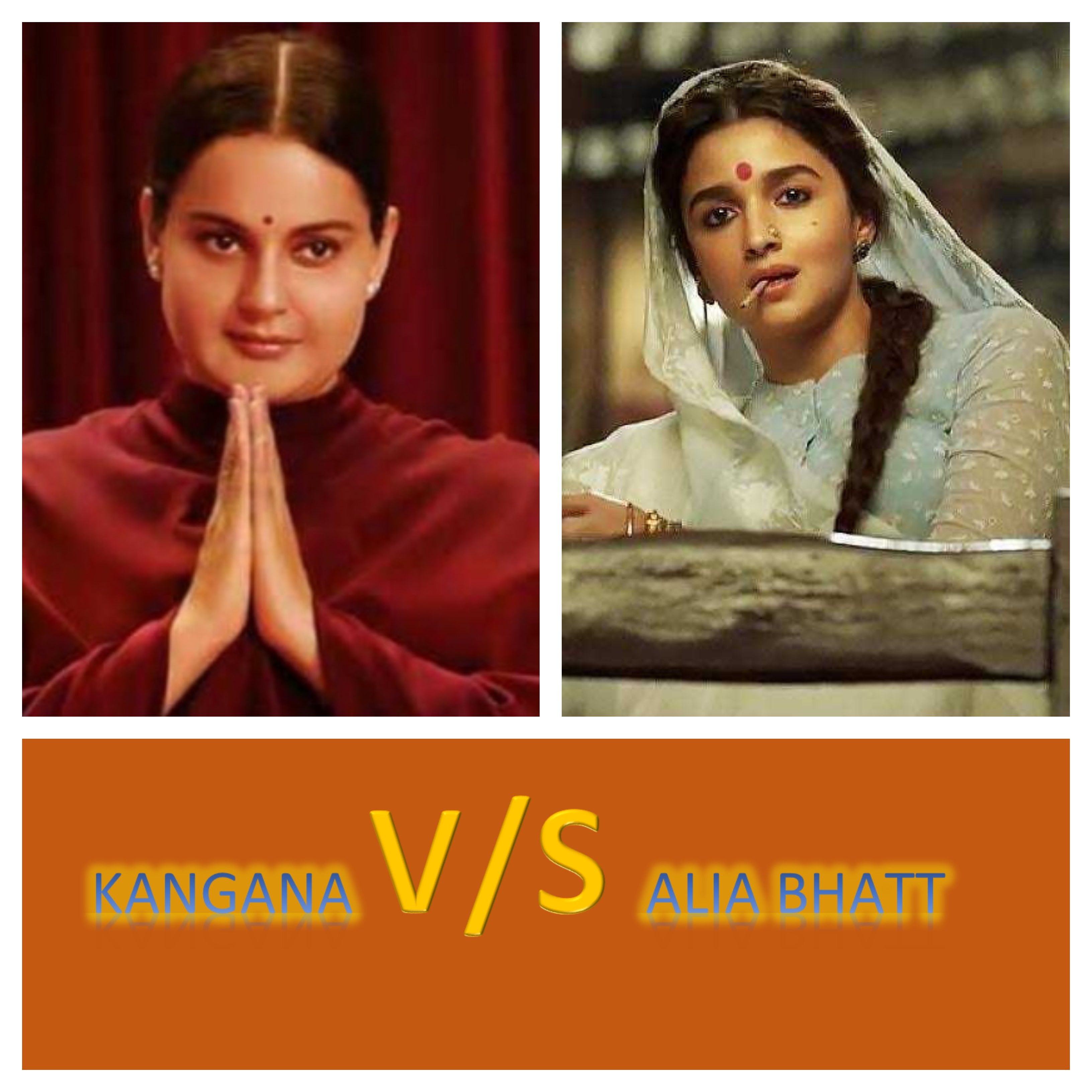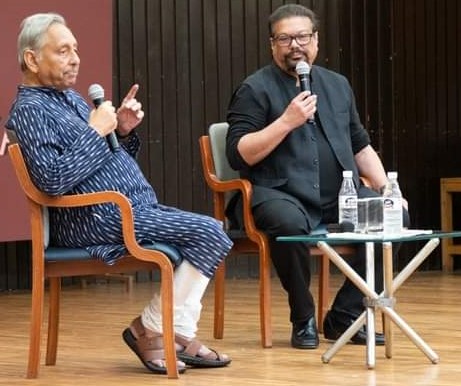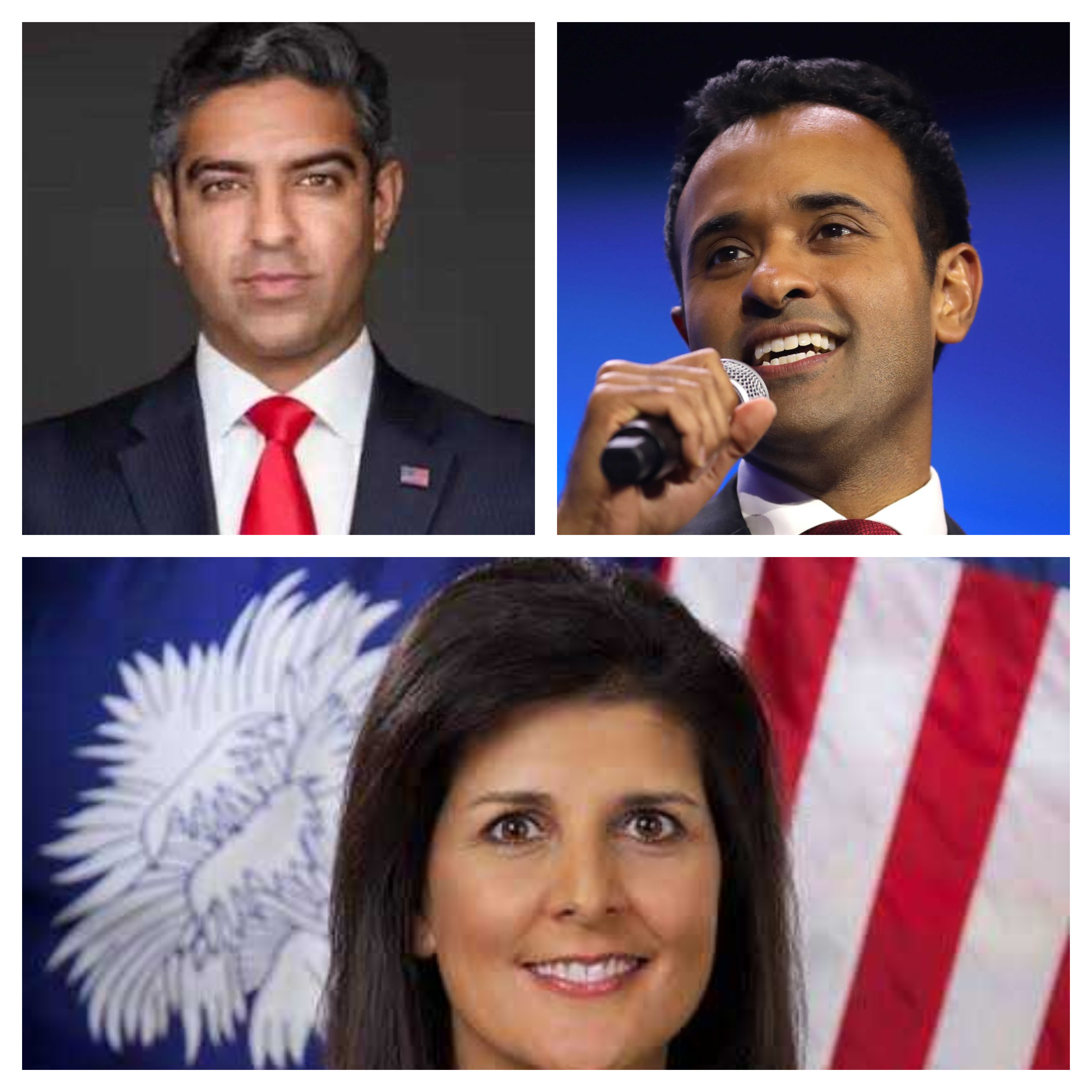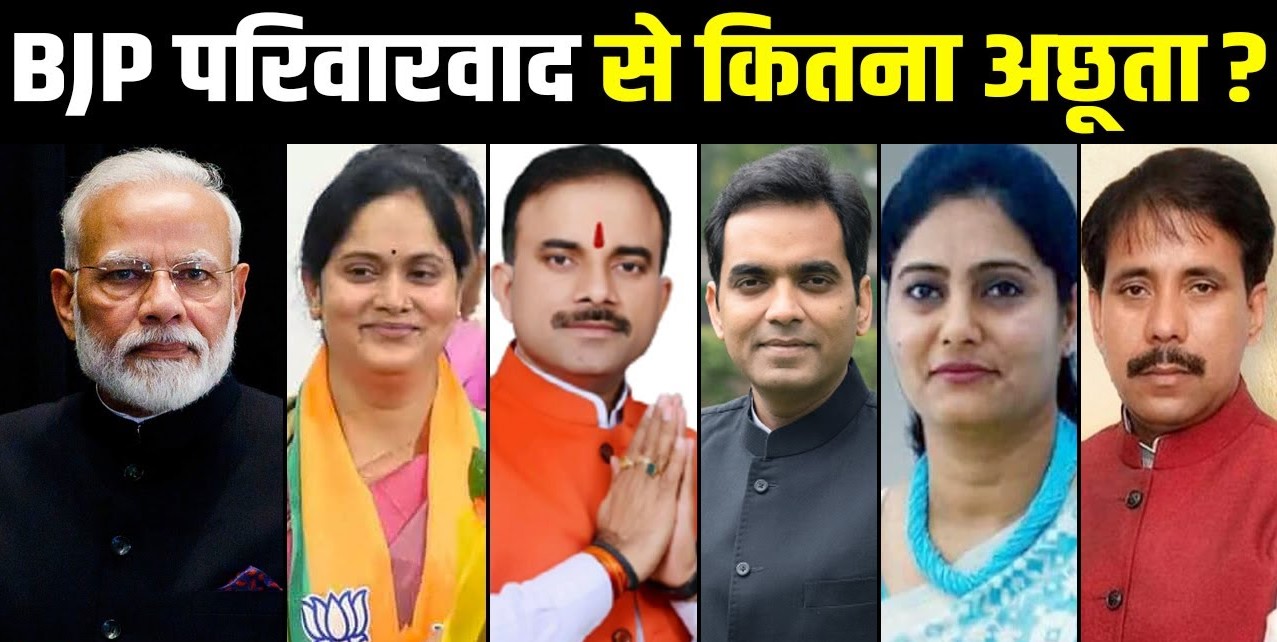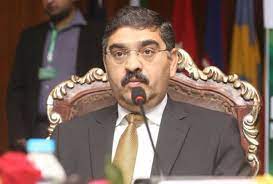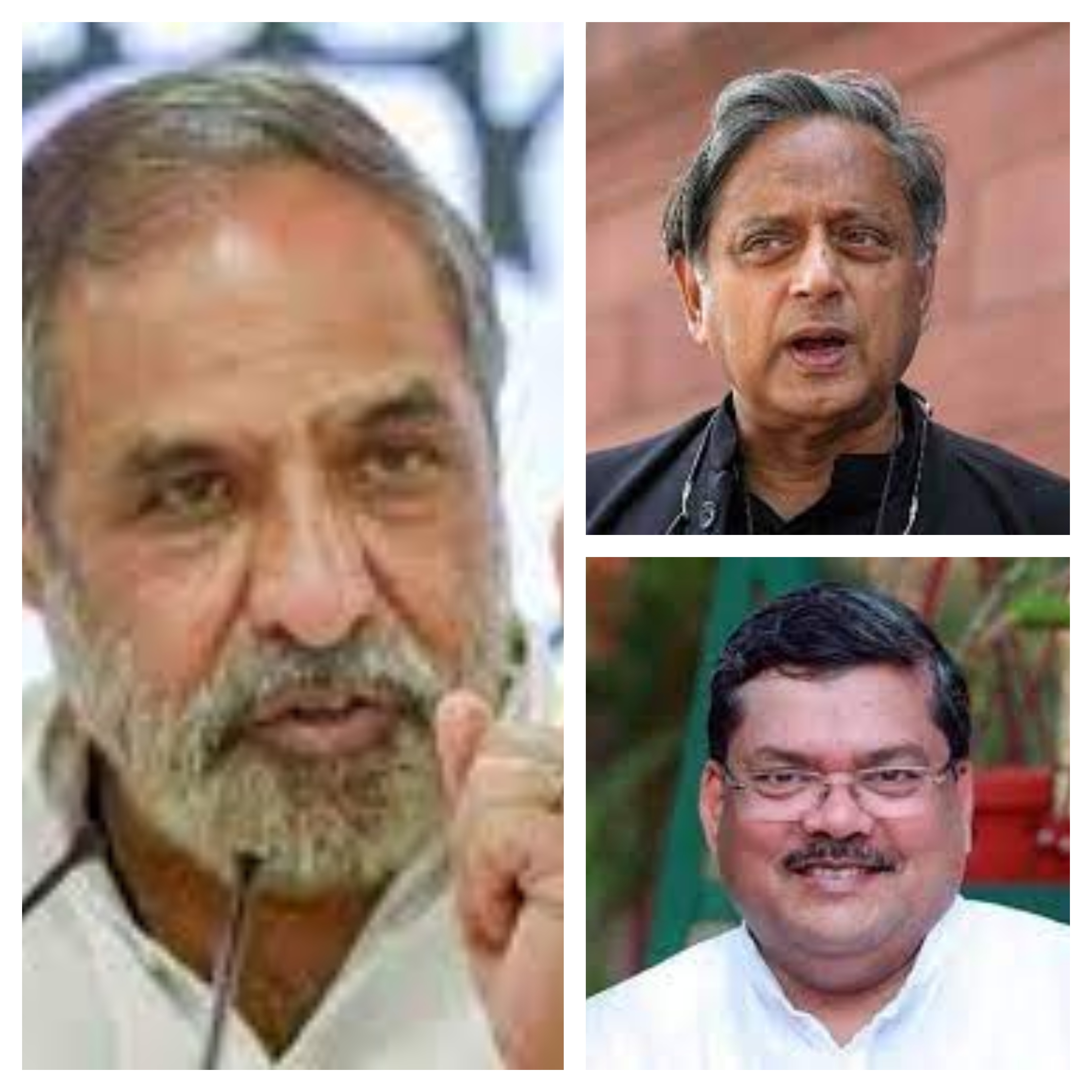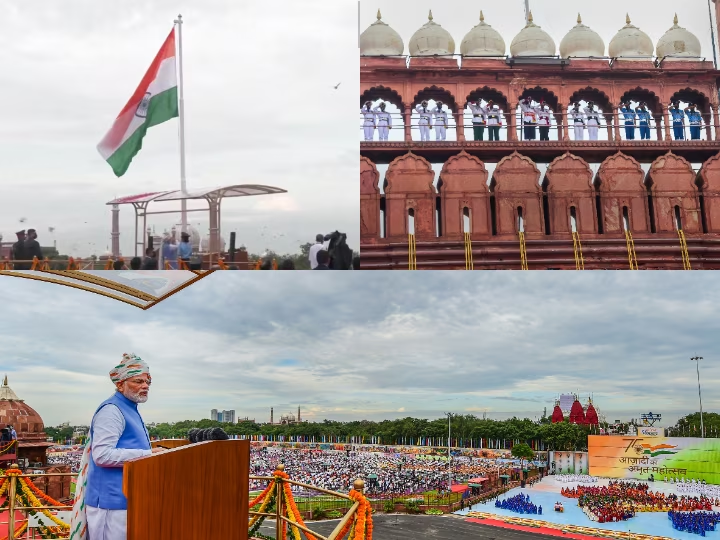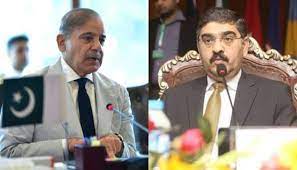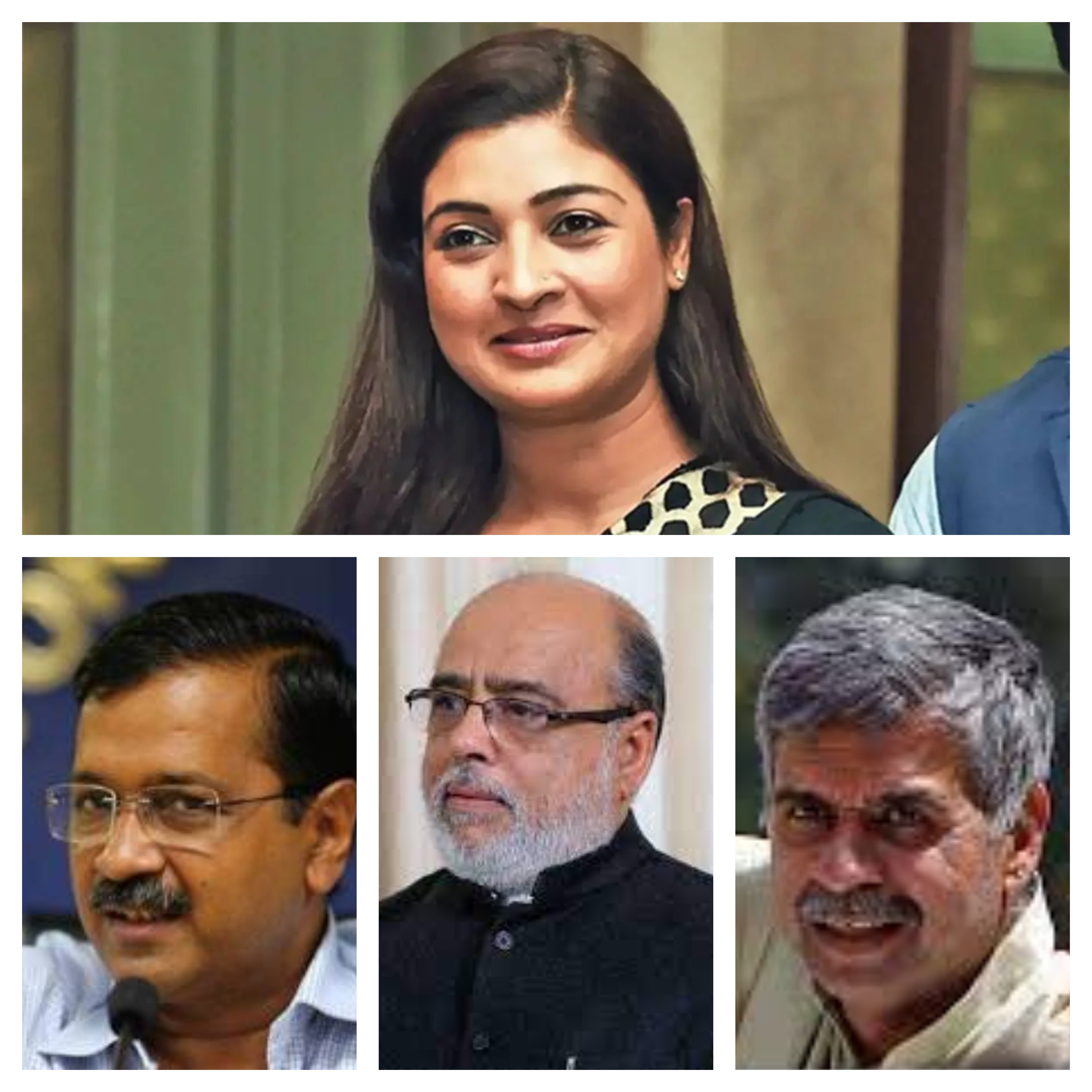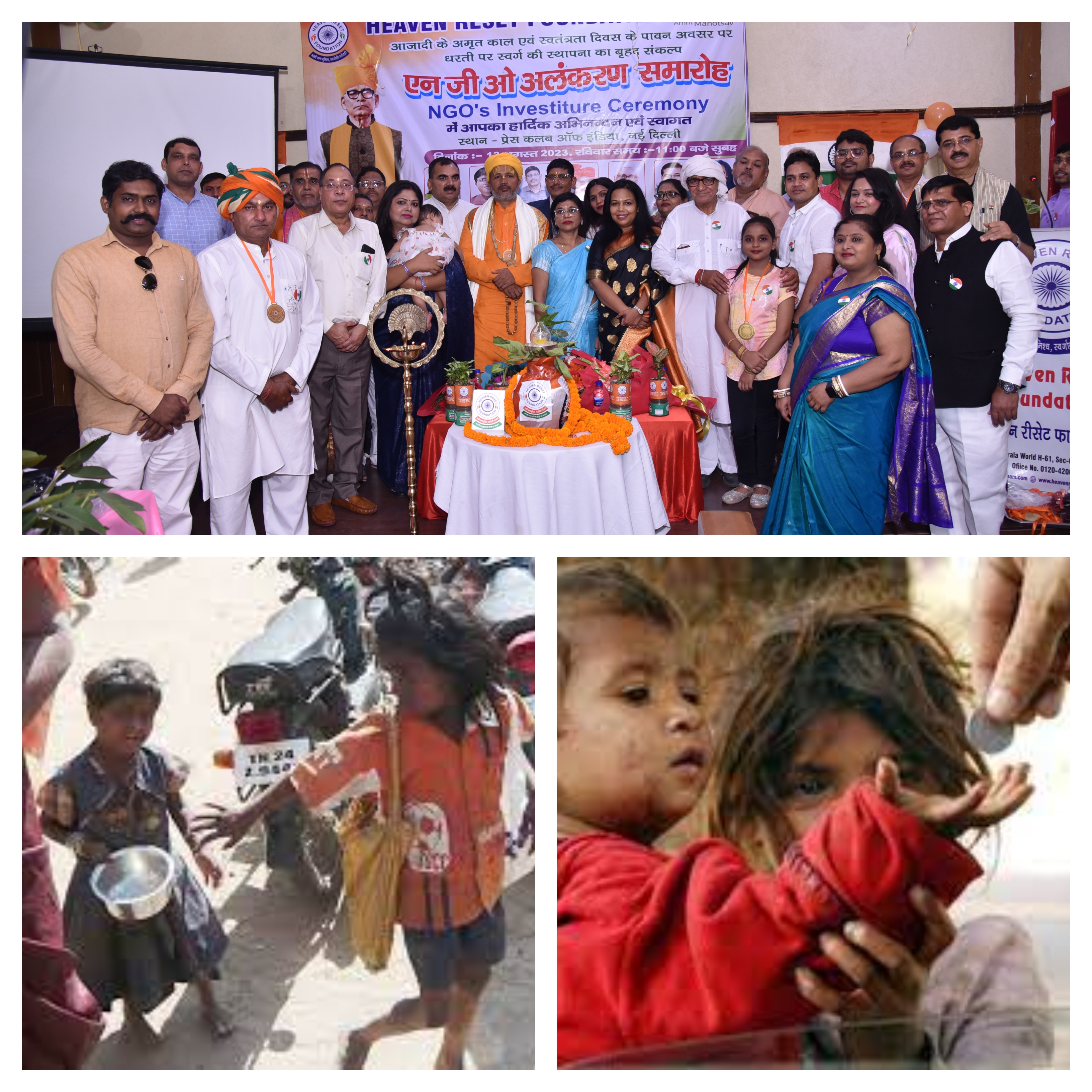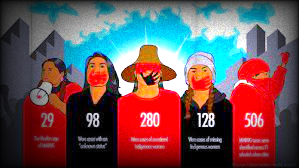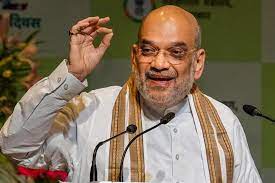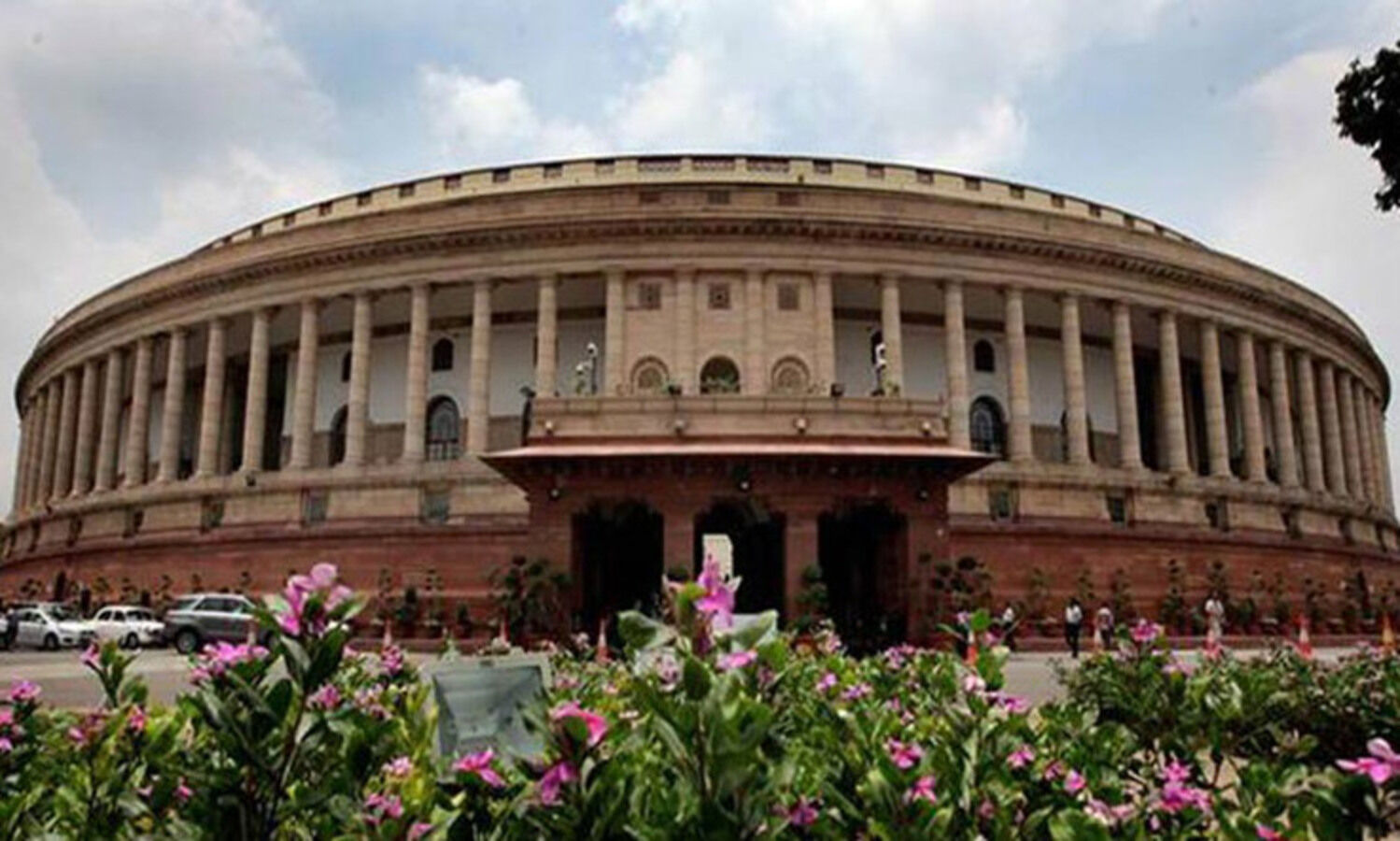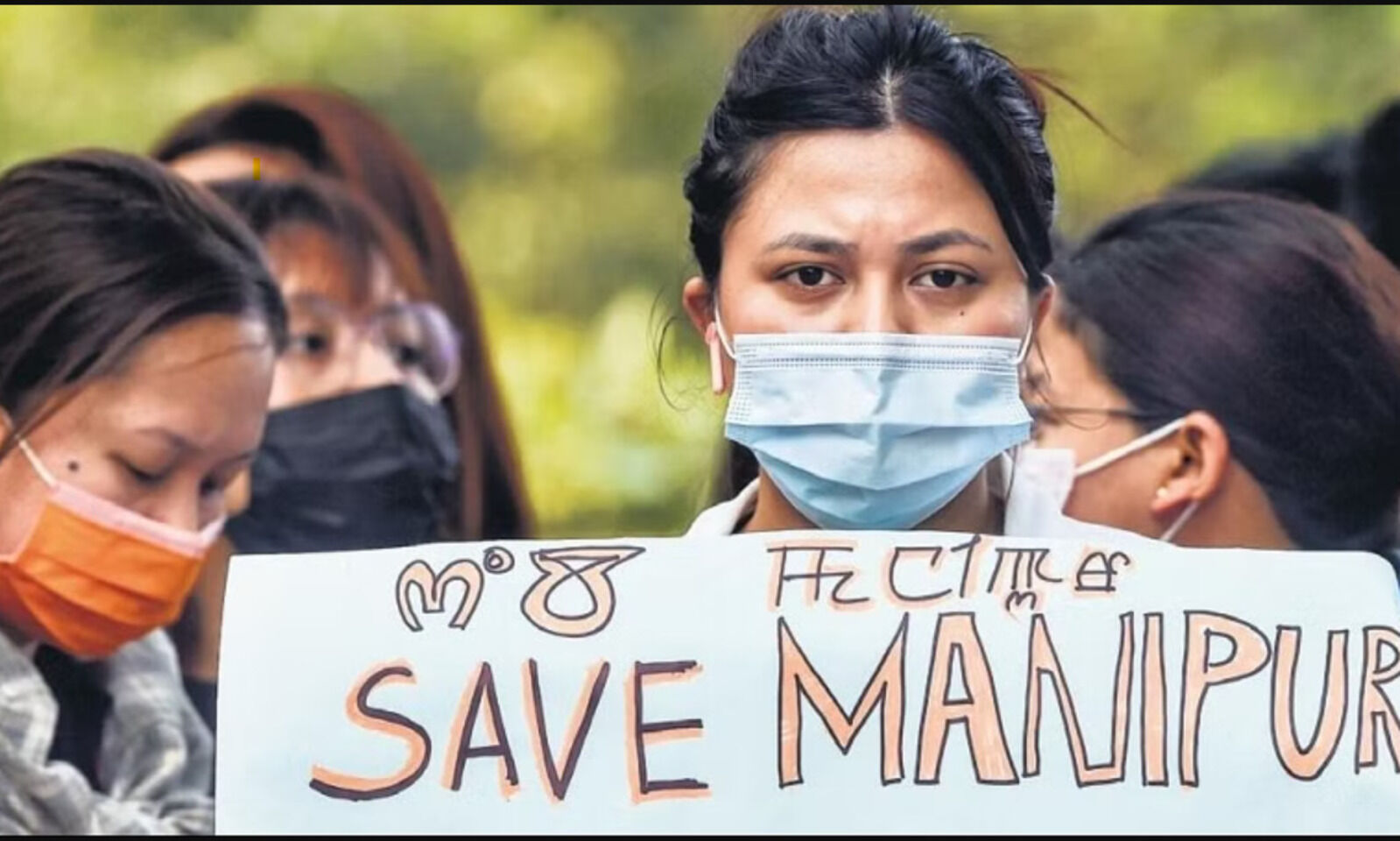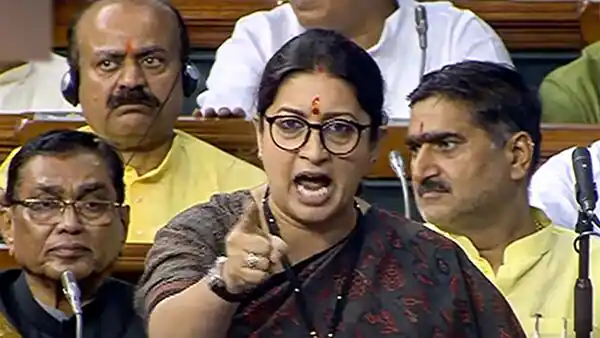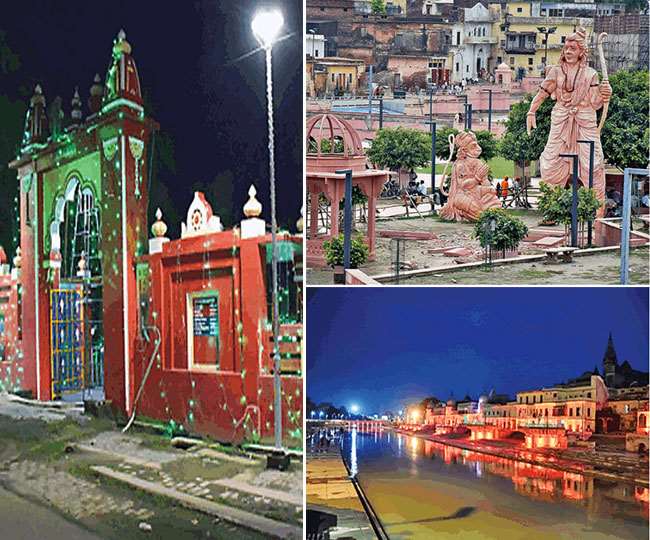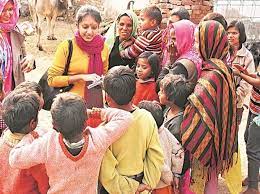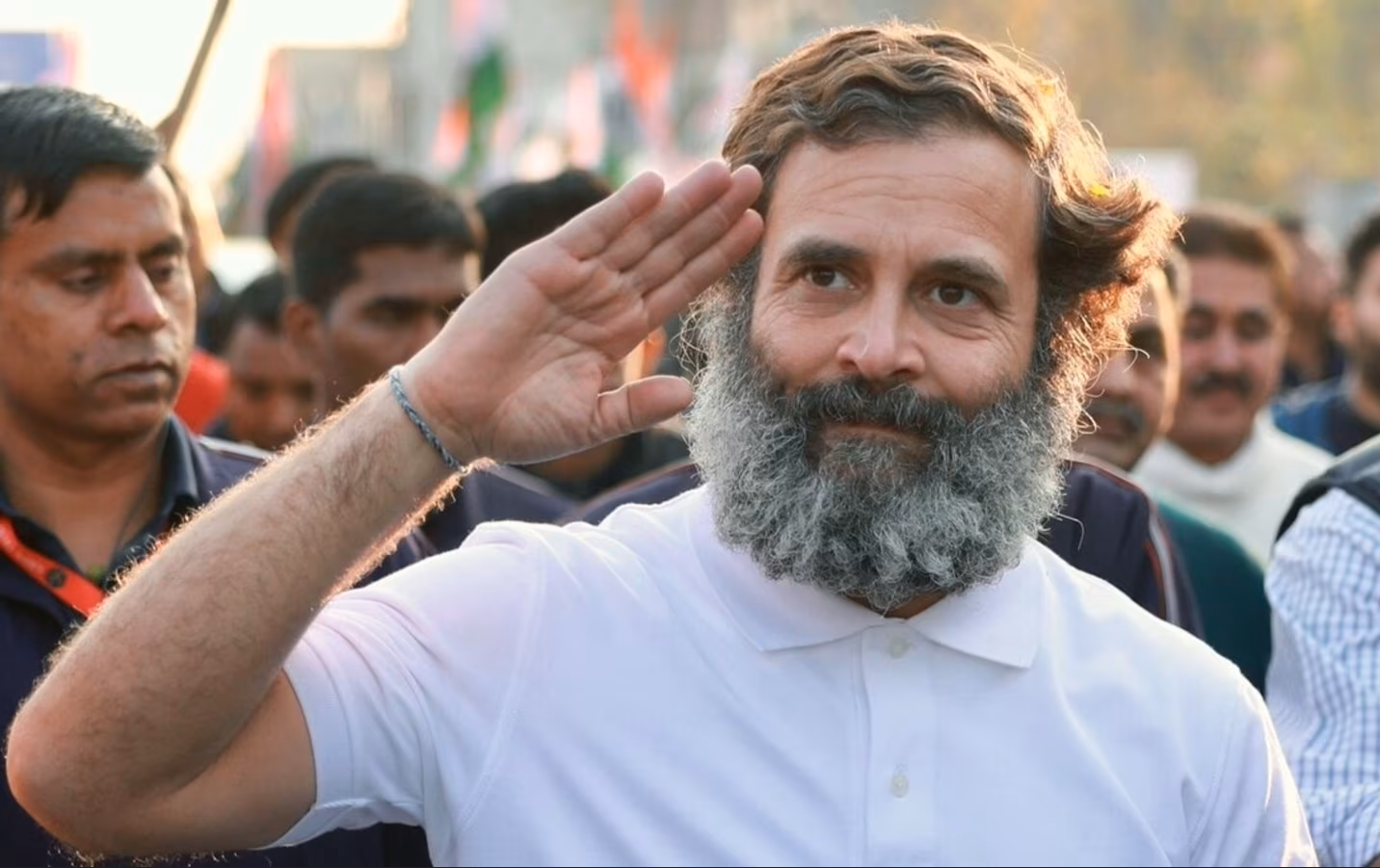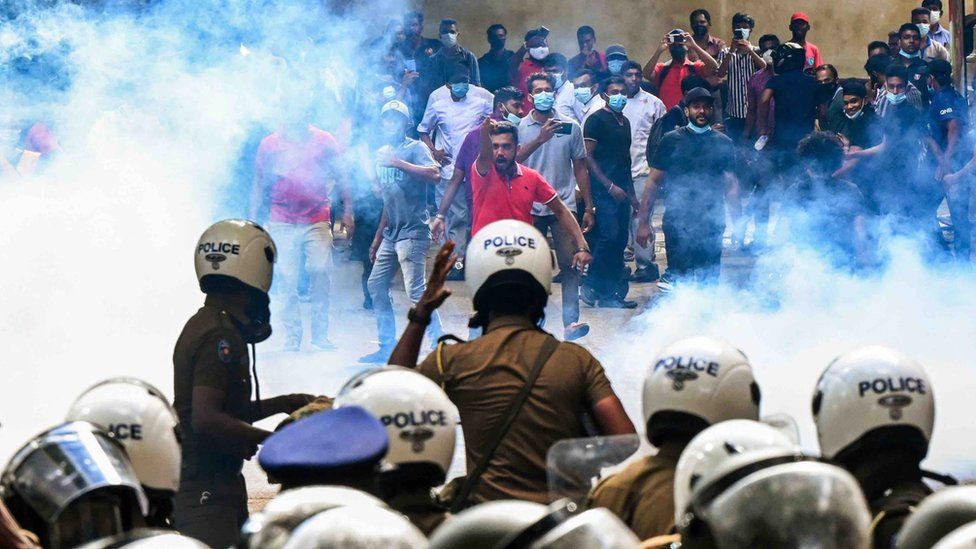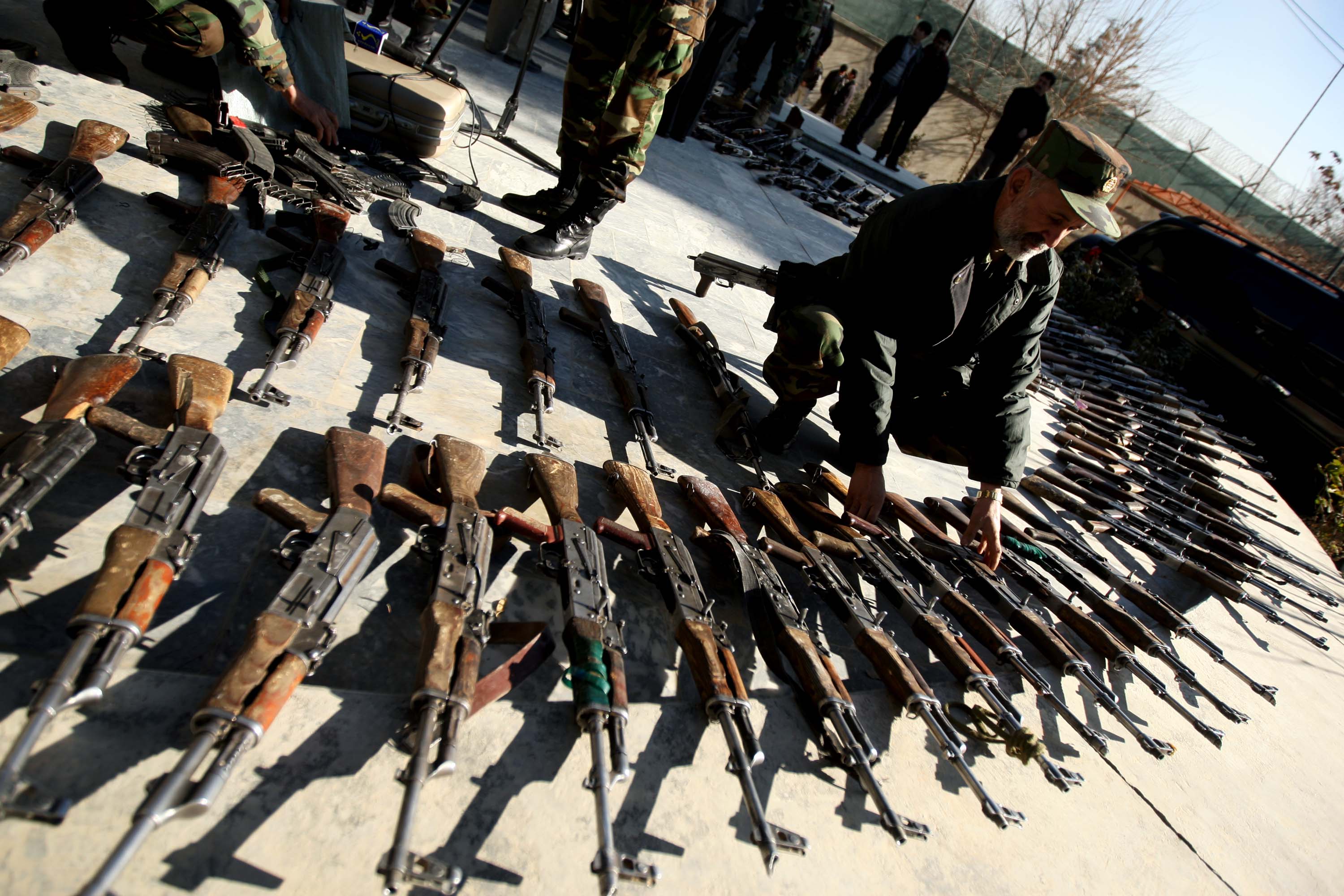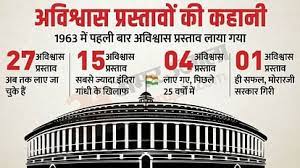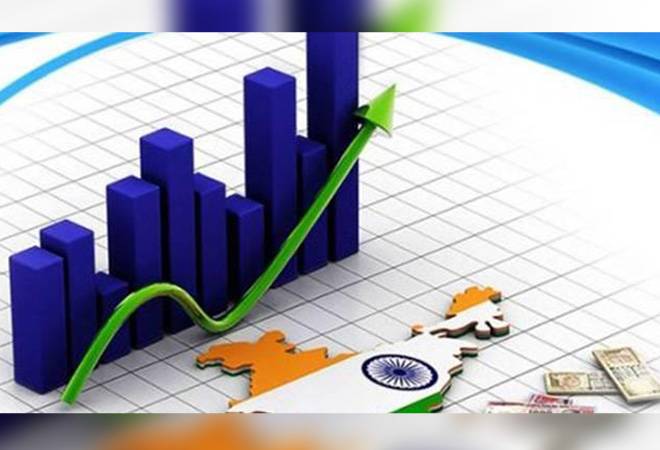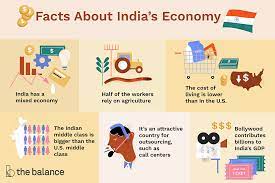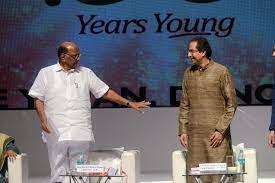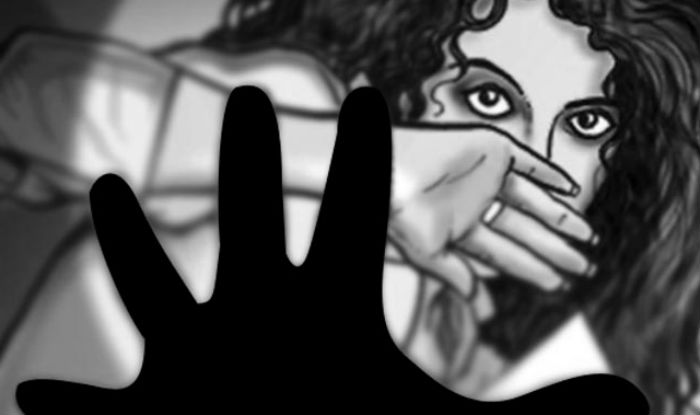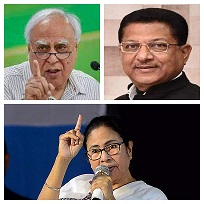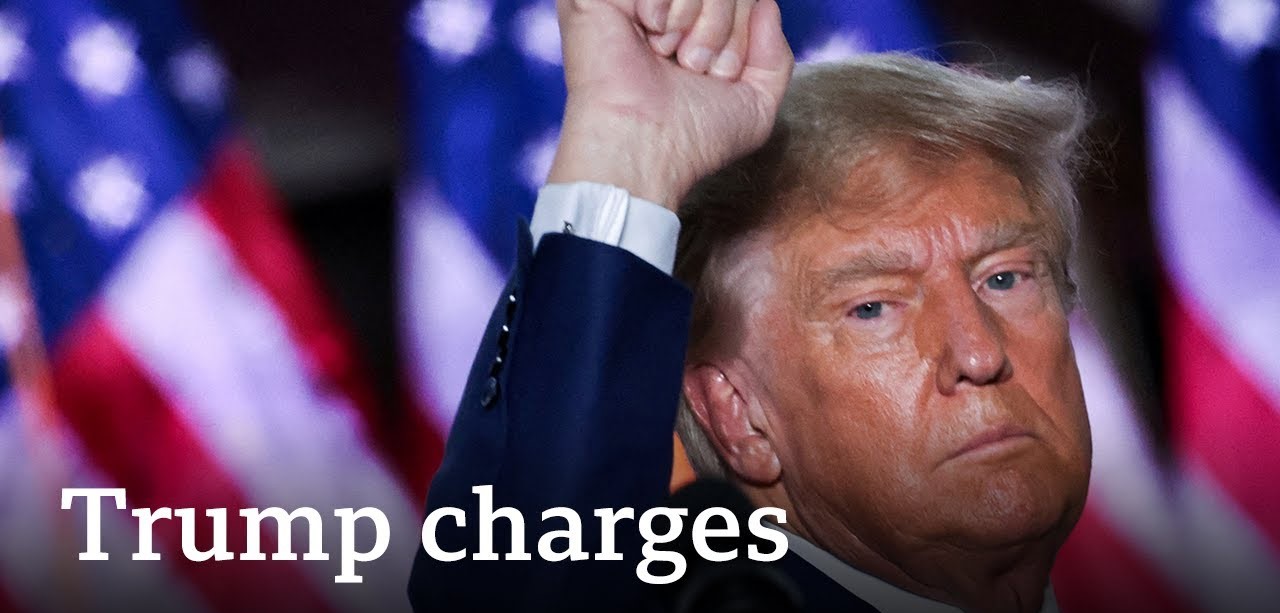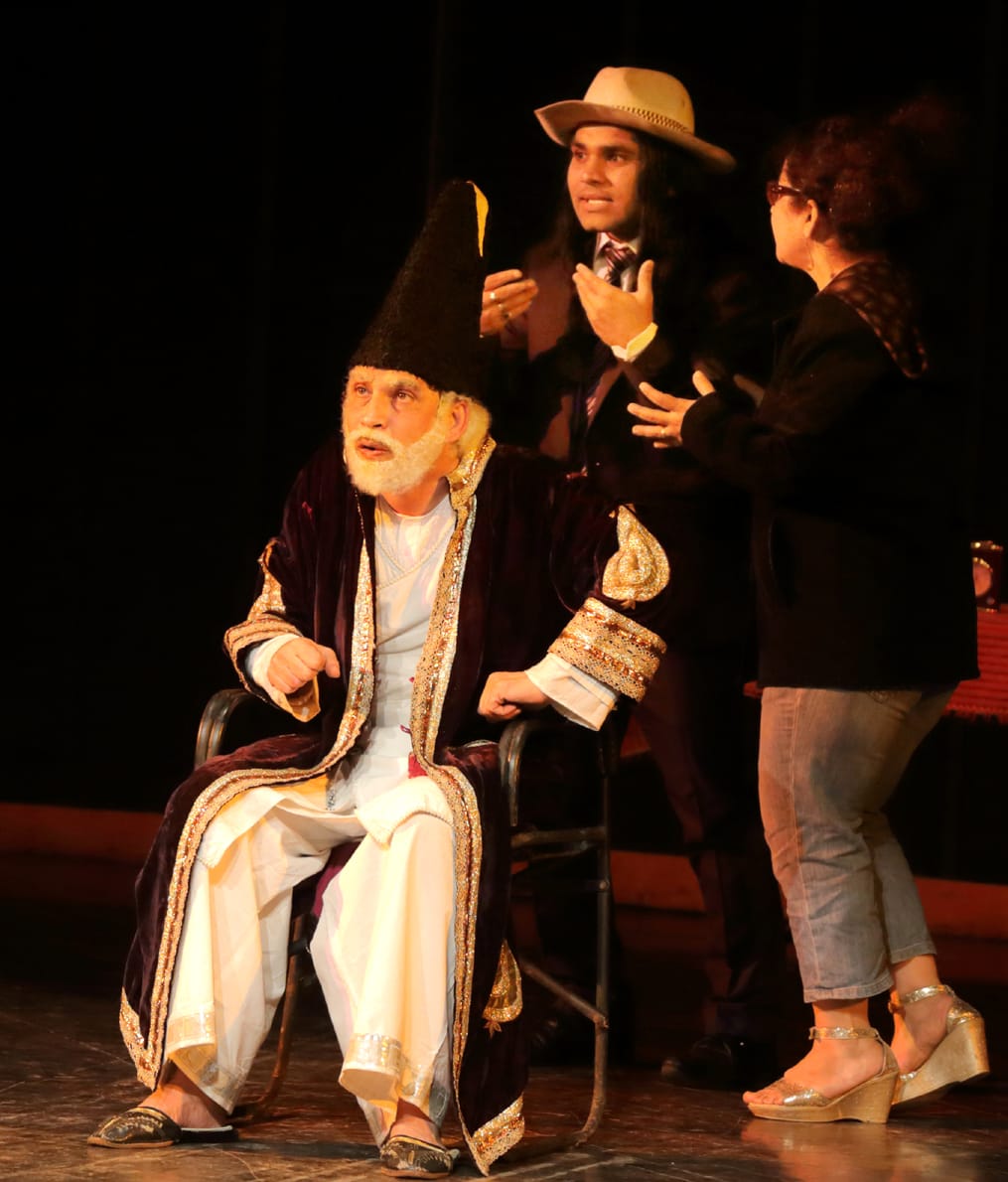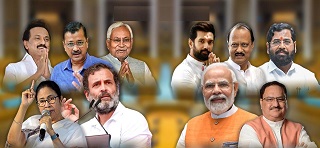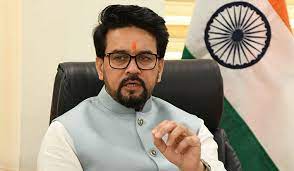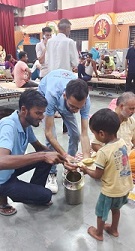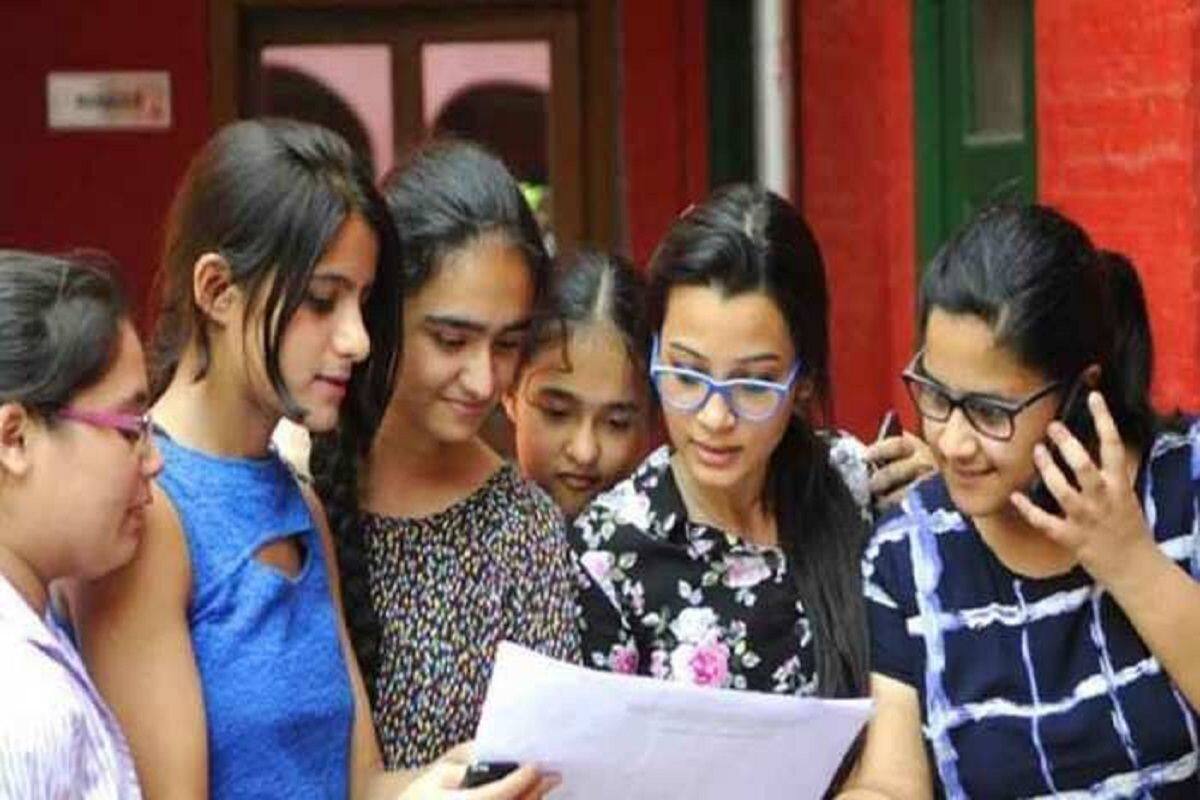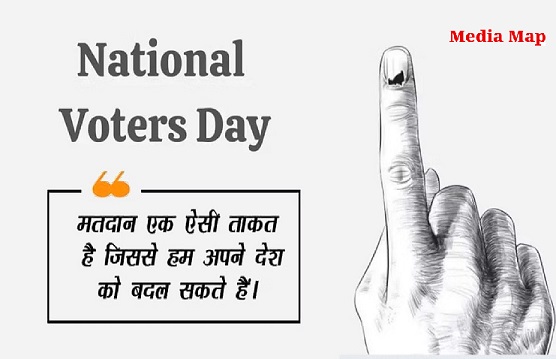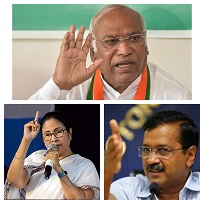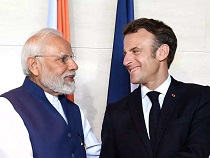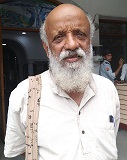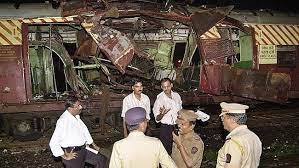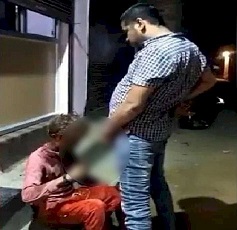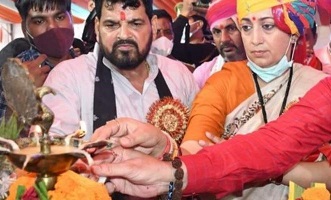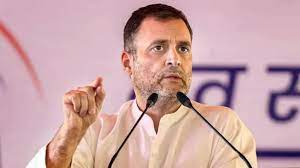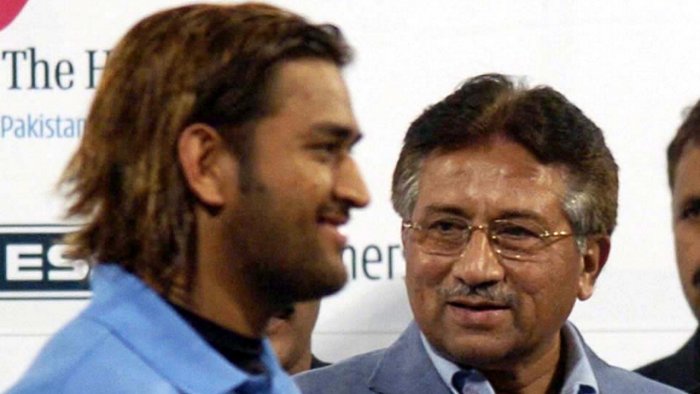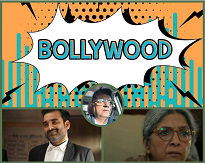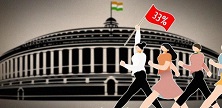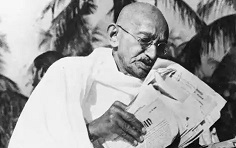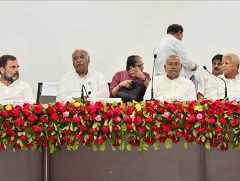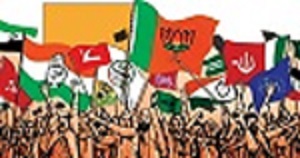6
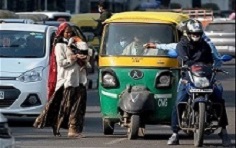
By Amitabh Srivastava
When beggars die there are no comets seen, wrote Shakespeare.But what if they disappear.That seems to an easier solution. This formula has been tried since decades because no one wants to keep these unwanted tribe around.
The G20 summit has turned into another opportunity to push them out of sight. The Nagpur Police Commissioner Amitesh Kumar has ordered the beggars to disappear till April 30.
But his stand has been varying and contradictory.In his first statement the CP had gone all out to paint the beggars as criminals and said that many beggars had been indulging in 'objectionable acts' compelling people to part with money.
But when the action evoked strong reaction from NGOs and lawyers he said that the police were being ‘sensitive’ and that no criminal action had been taken (so far) but the circular included those living with their families on the streets ‘even though they had other means."
People are asking how these beggars who were indulging in criminal action were being invited to come back after two months.
What will change in two months?
We are not sure under what law the police is asking the beggars to leave the city because in 2018, the Delhi High Court had decriminalised begging. A bench comprising then Acting Chief Justice Gita Mittal and Justice C Hari Shankar struck down as unconstitutional various sections of the Bombay Prevention of Begging Act, 1959 (Act, as extended to the NCT of Delhi).
This ruling came as a result of a public interest litigation filed by Harsh Mander and Karnika Sawhney several years ago. The 2018 judgement came as a big relief to human rights activists who had been pointing out that the Act which defines a “beggar” as anyone “having no visible means of subsistence, and wandering about or remaining in any public place in such condition or manner, as makes it likely that the person doing so exists by soliciting or receiving alms” was highly arbitrary.
Those in the know insist "Begging” under the Act includes “soliciting or receiving alms in a public place,whether or not under any pretence of singing, dancing, fortune-telling, performing or offering any article for sale”.
Anyone who has travelled abroad will tell you that individuals playing solo musical instruments on pavements, near railway stations even in the US and Europe are looked upon with kindness and passersby, who willingly sit around them and pay them for their talent.
Officially the Centre has announced Schemes of rehabilitation of beggars in several cities like Delhi, Tirupati, Guwahati, Patna, Ahmedabad, Mumbai, Kolkata, Agra and Ayodhya last year.
These, according to the Ministry of social justice are among the list of 75 areas where municipal corporations have been asked to identify and rehabilitate persons engaged in begging as a step forward to implement the comprehensive scheme launched by the Centre to address the problem last February.
Officially again the "various components of the scheme include identification, rehabilitation, provision of medical facilities, counselling and education and skill development for employment possibilities."
This initiative was taken after the Supreme Court set a deadline for the Centre and states to file a reply as to what they were doing about them since the Delhi High Court had decriminalised beggary.
But as is the practice, this government gave it its own colour and another new slogan.This scheme was presented as SMILE-75 to mark 75 years of Independence and announced with great fanfare by Union Minister for social justice and empowerment.
The list includes areas like Viskhapatnam and Vijayawada in Andhra Pradesh to Silchar and Doboka in Assam. This list has Gaya and Hajipur in Bihar to Hubballi-Dharwad in Karnataka.
Besides, areas from Gujarat, Maharashtra, Jharkhand and Odisha, the list also has Panchkula from Haryana, Dharamshala from Himachal Pradesh and Imphal from Manipur. Areas from UP, Rajashtan, Madhya Pradesh, Uttarakhand, Punjab, Tamil Nadu, Telangana, Kerala and West Bengal are also on the list.
The ministry of social justice called it “SMILE - Support for Marginalized Individuals for Livelihood and Enterprise.”
According to the 2011 Census, the total population of persons engaged in the act of Begging and vagrants is about 4.13 lakh. Most of them are denied access to basic needs of food, shelter and clothing. Senior police officers say off the record that not only are these nameless individuals removed from their dwelling place whenever VIPs are visiting their city and when they are under pressure to solve a high profile crime case these beggars and vagabonds come handy as no one will file habeas corpus for them to be presented in court. The official version says that they would be put up in "adhikar grehs" (earlier shelter homes).
Those who have been in the profession for decades have realised the limits of digitisation in disseminating information.
We have all these names released by the PIB and we publish them as the ultimate truth because it comes with facts and figures.
But how many of us take the trouble to go to the field to check the reality. The kind of journalism that NDTV was doing under the leadership of Ravish Kumar. His reporters would go to check how many poles had been put up or which ones had electric connectivity when the government sent out figures of electric connectivity.
I had written earlier that the Rajasthan Government had launched the BHOR scheme to train beggars and rehabilitate them with the support of Prayas JAC Society in Jaipur.But when I checked with them recently it turned out that the scheme had been totally shelved during the pandemic in 2020.
The official records of the government only show that the scheme has been launched but it never tells you when it was closed down. And busy journalists like us are too lazy or indifferent to check whether the scheme is only on files or it is still working and helping the most unwanted beings since the time of Shakespeare.












































































































































































































































































































































































































































































































































































































































































































































































































































































































































































































































































































































































































































































































































































































































































